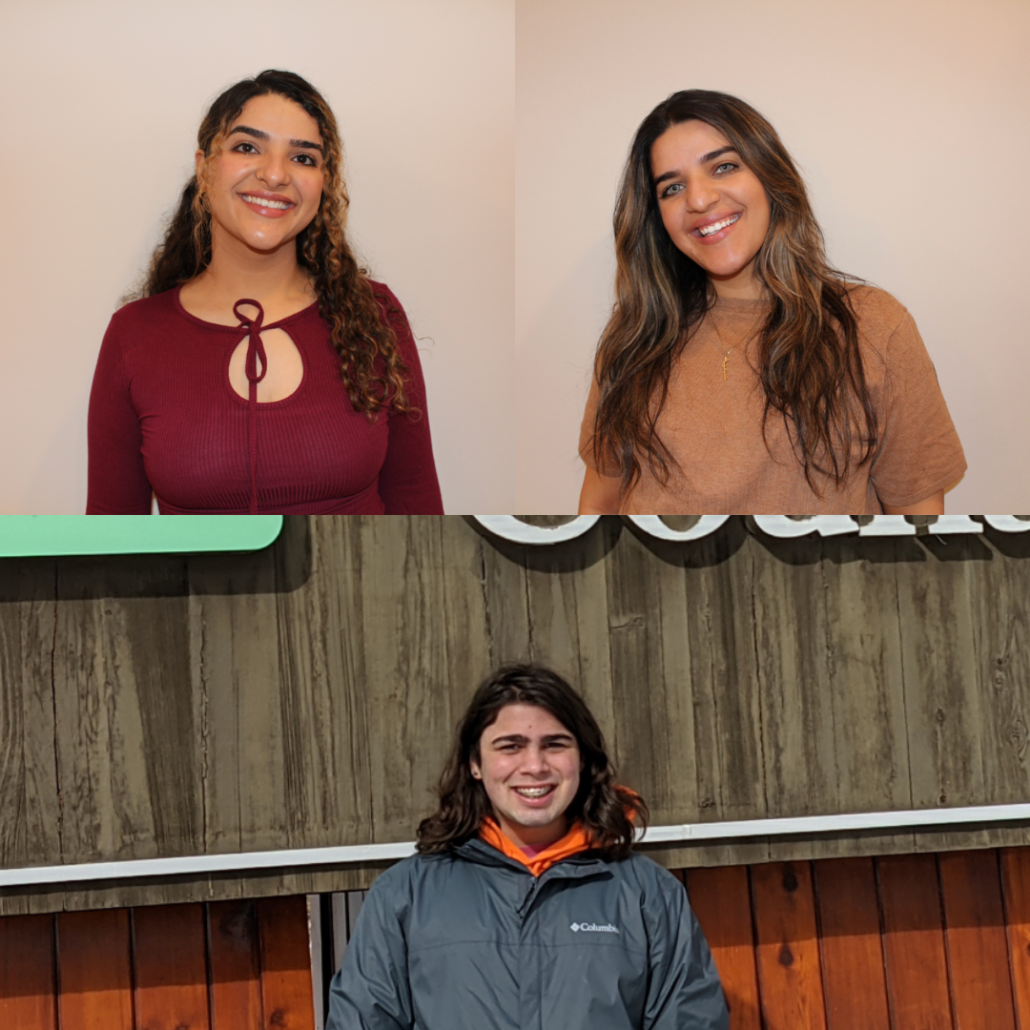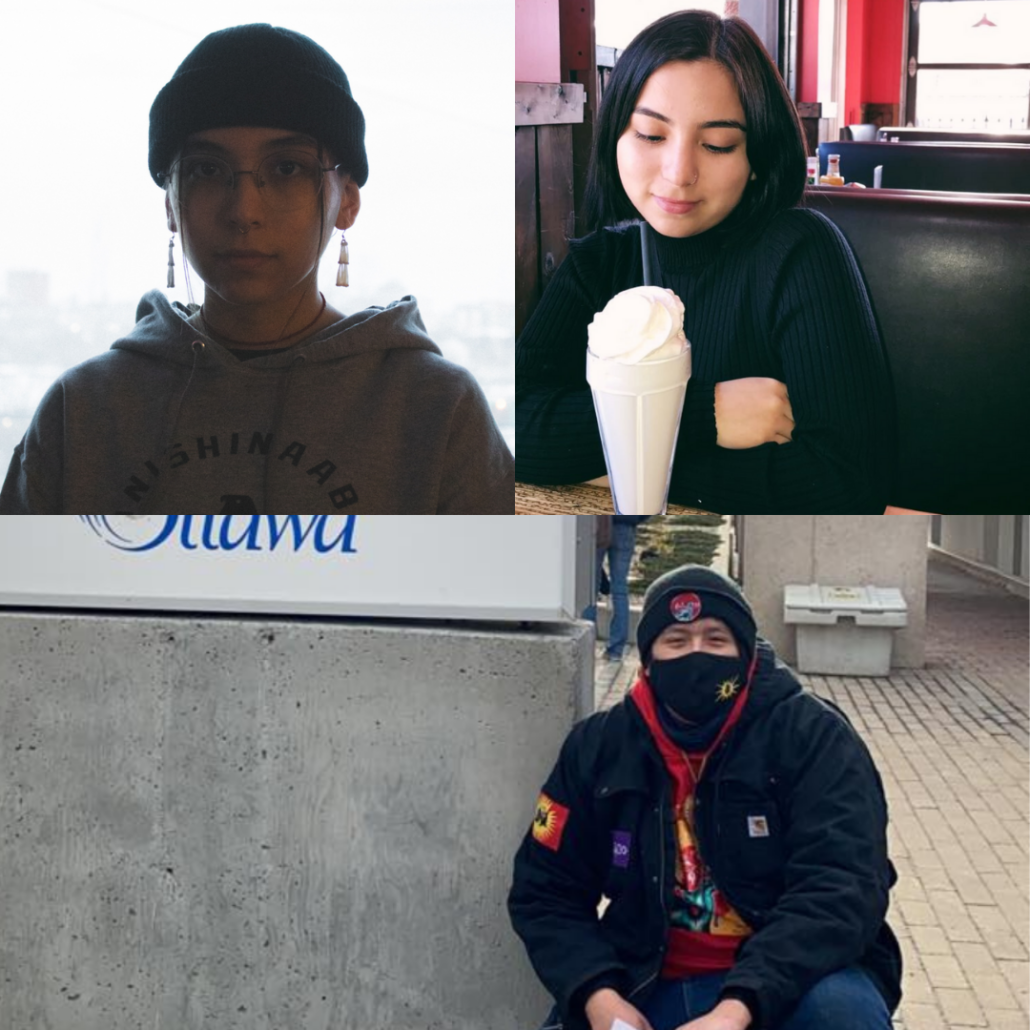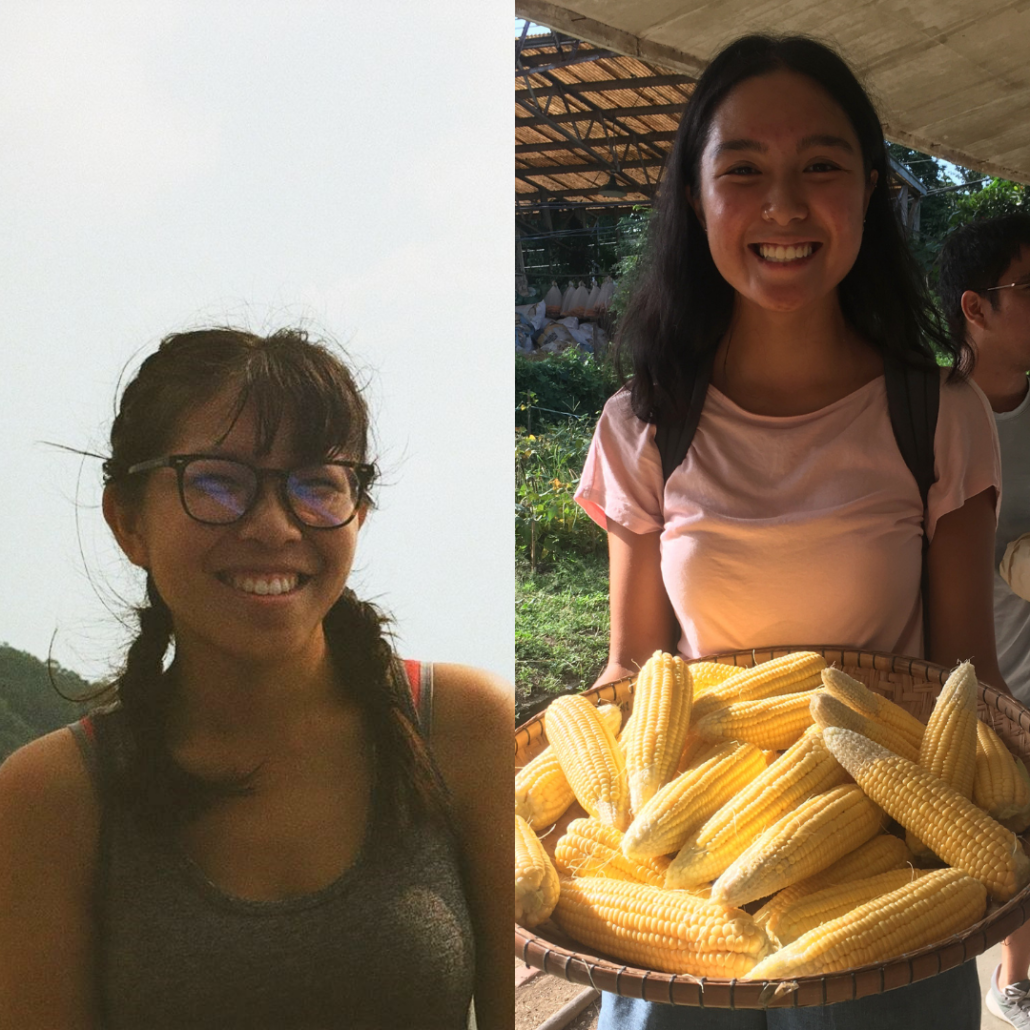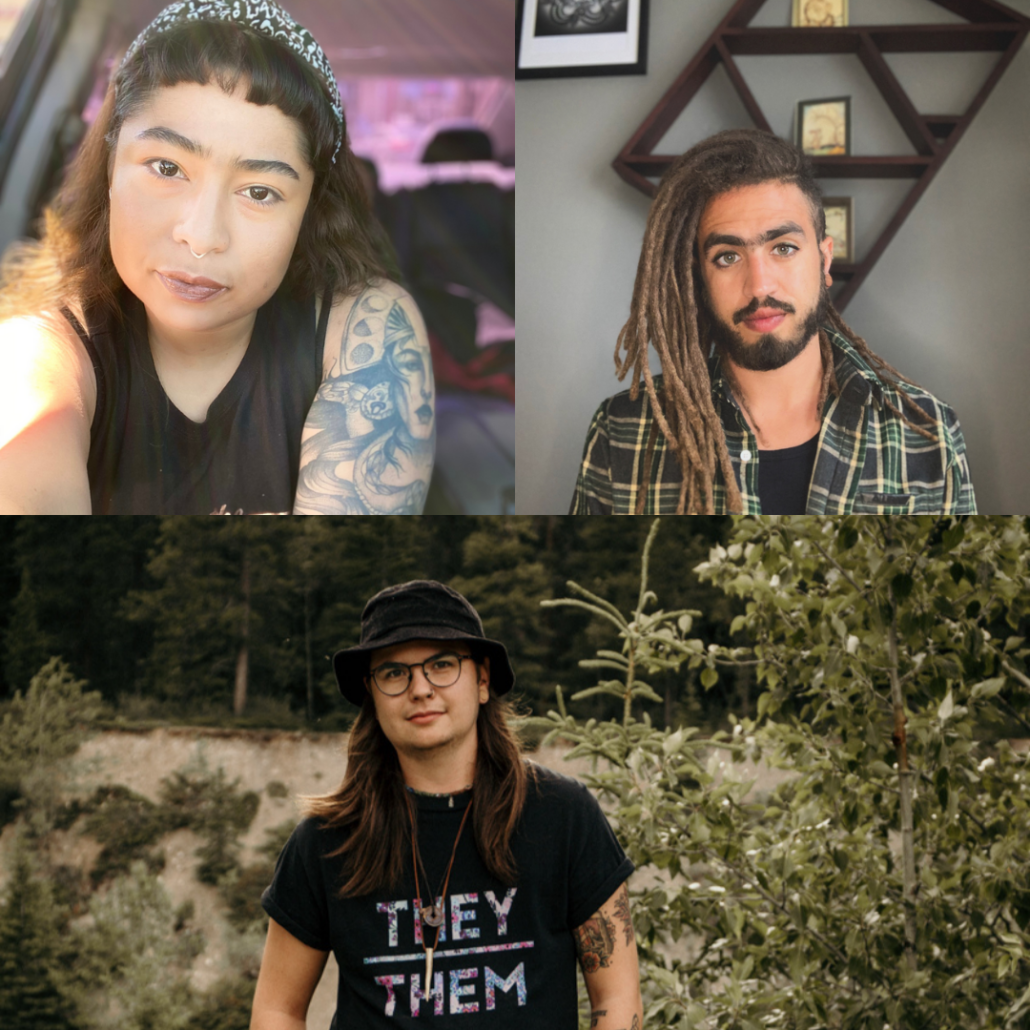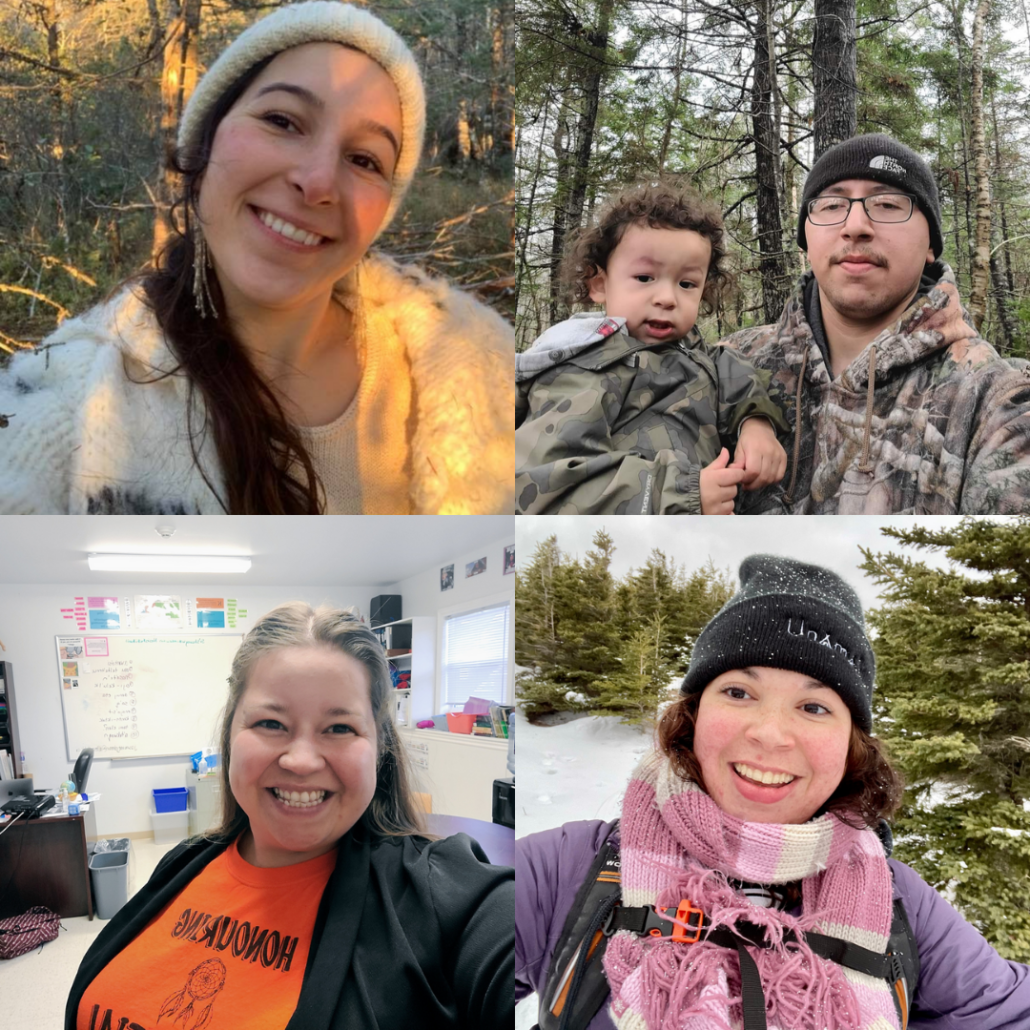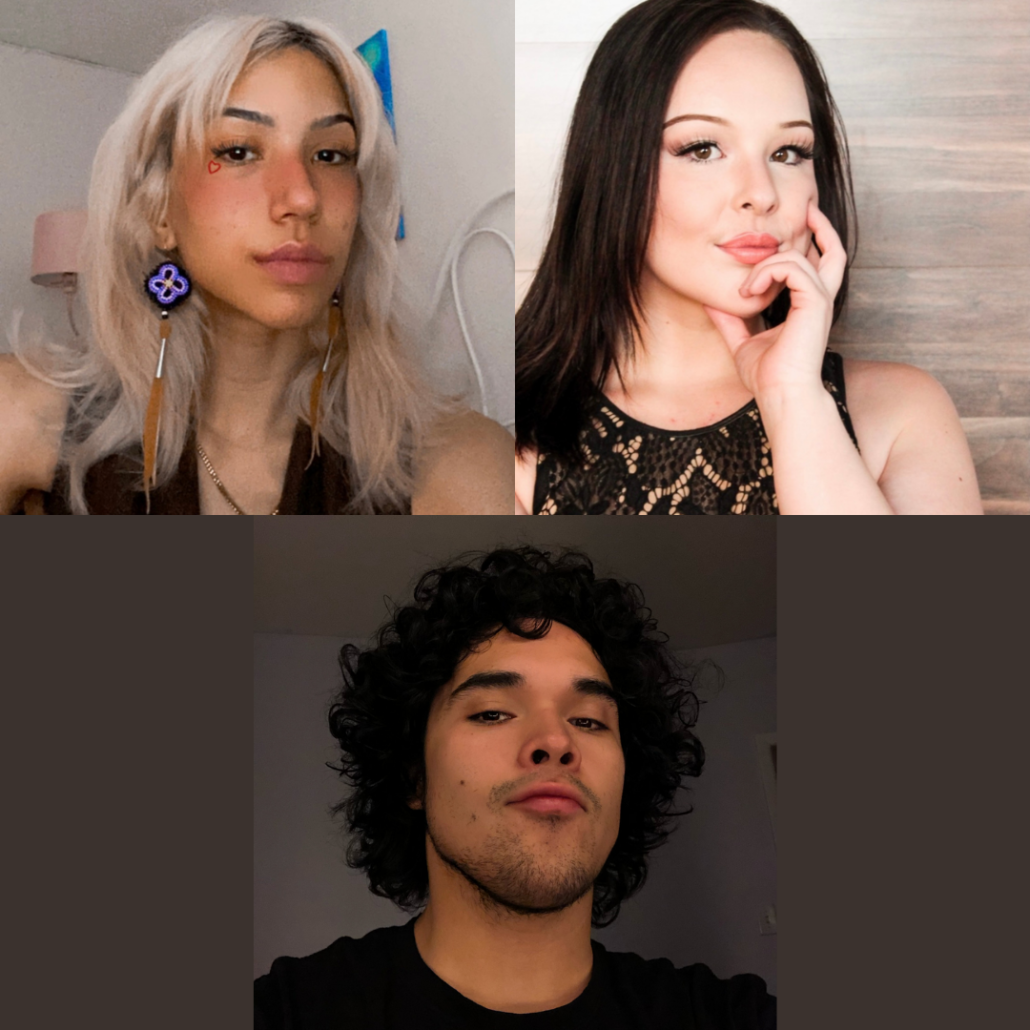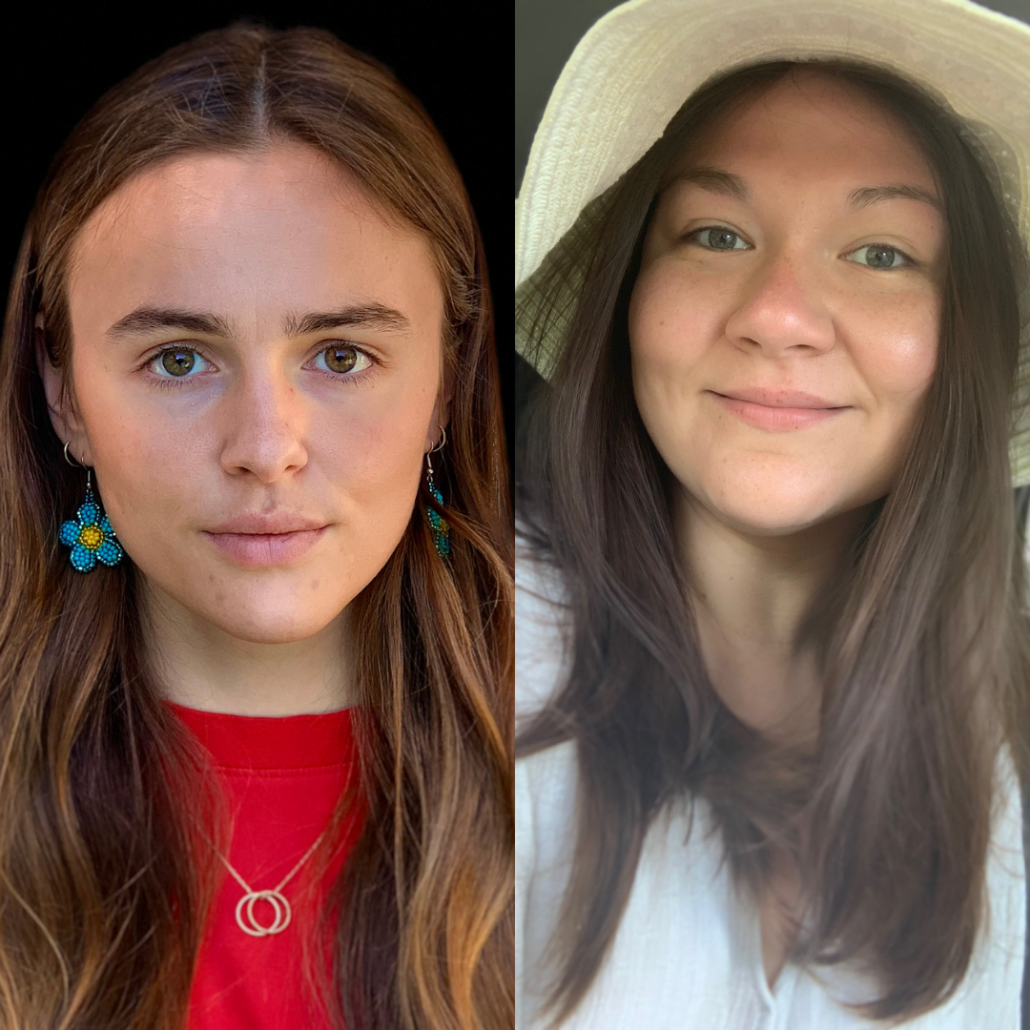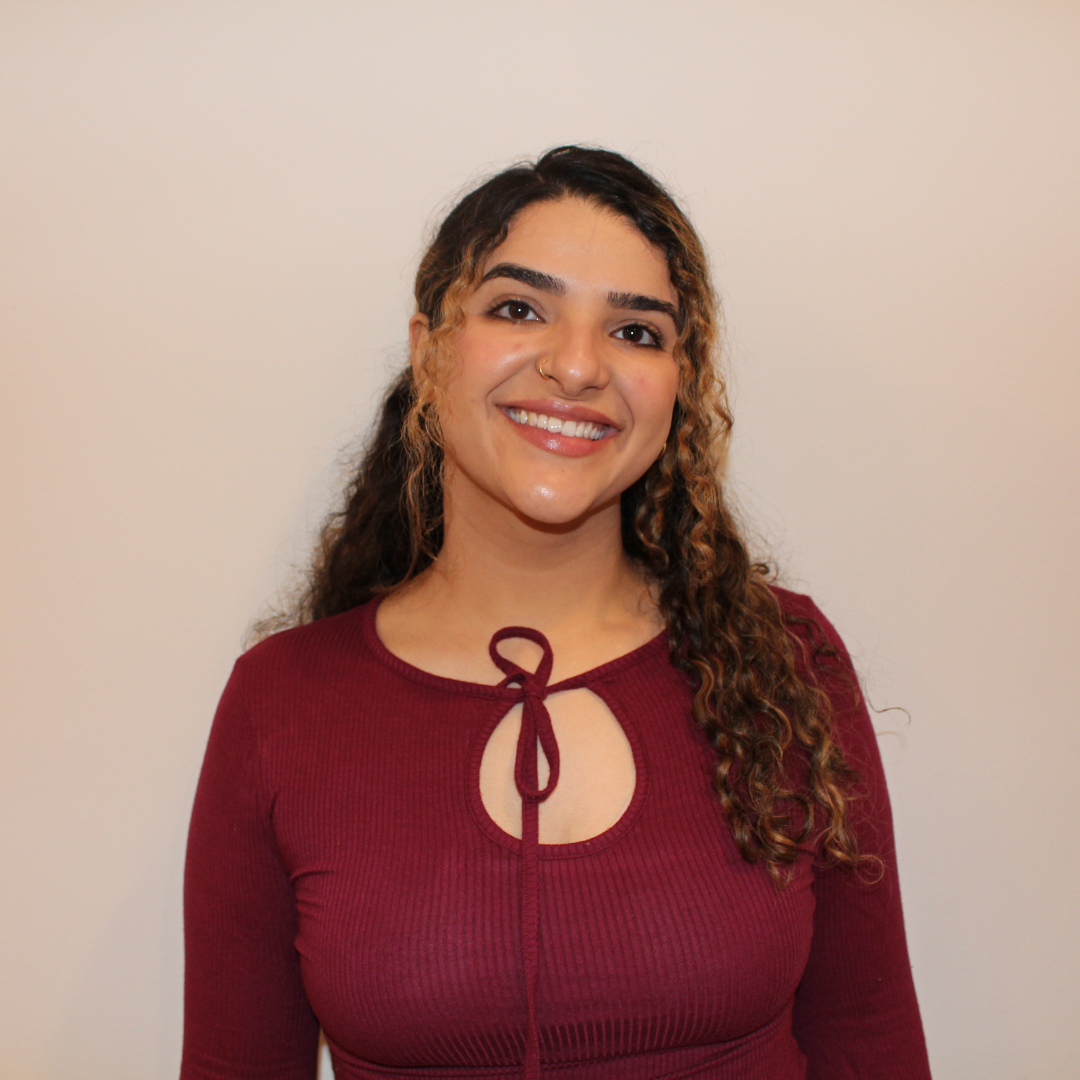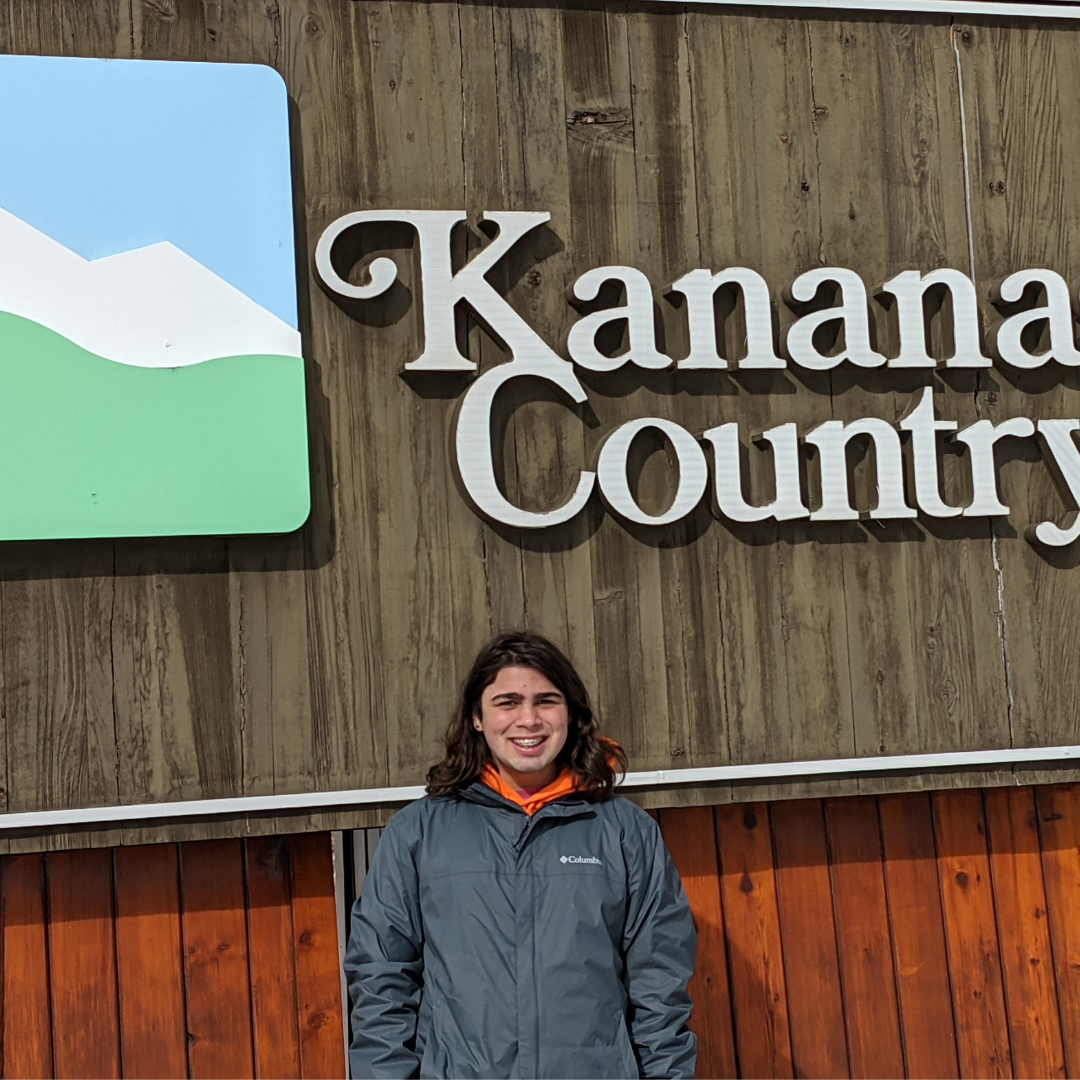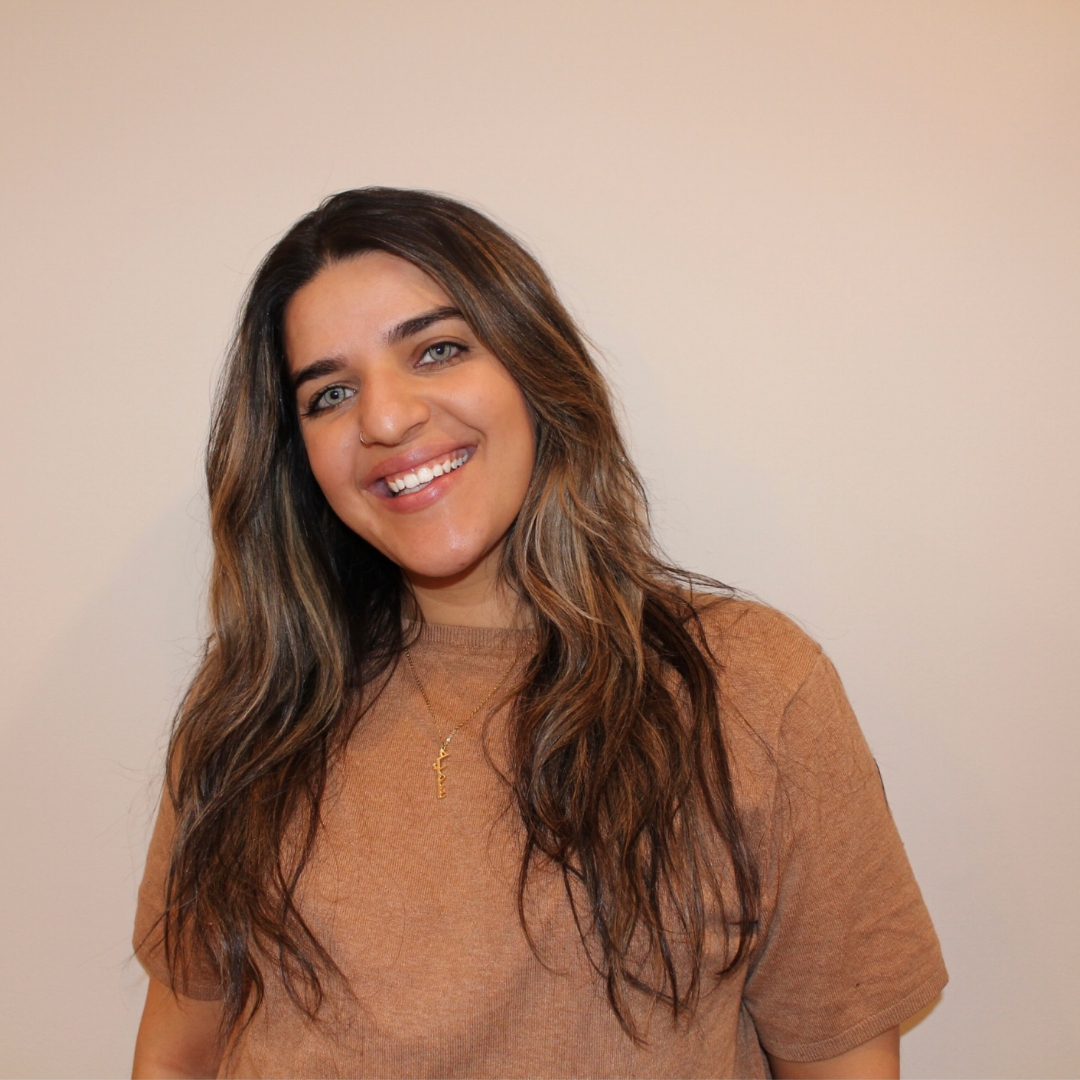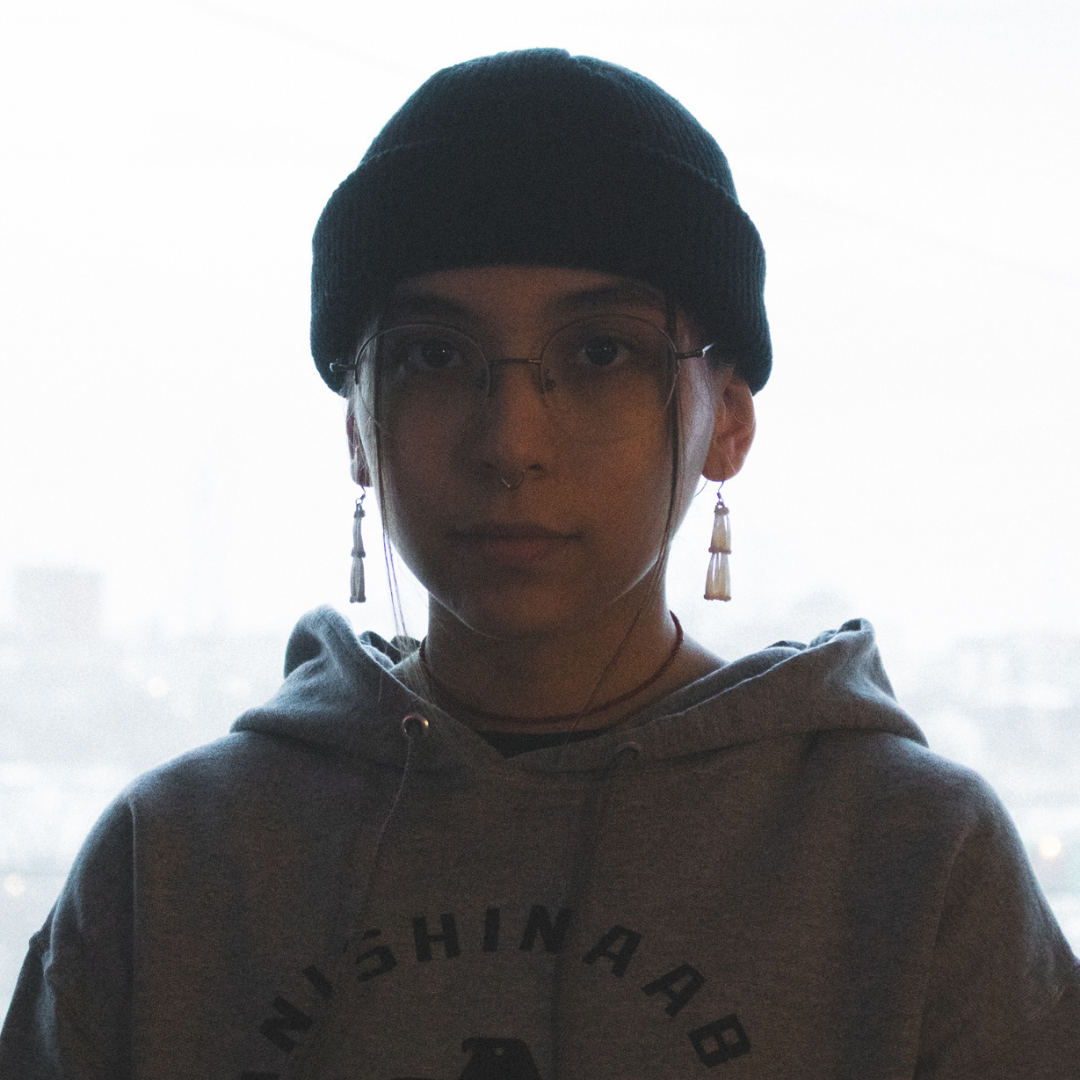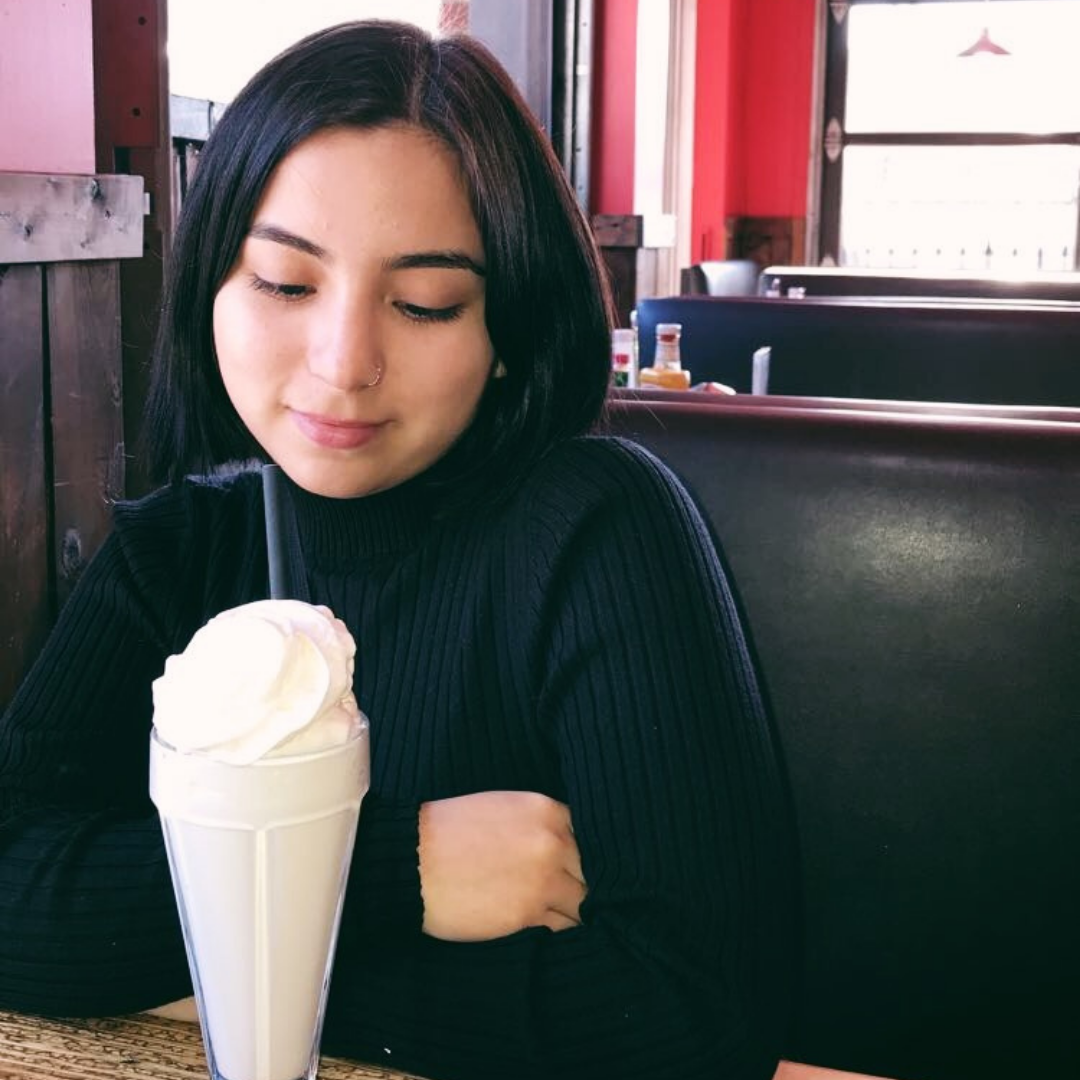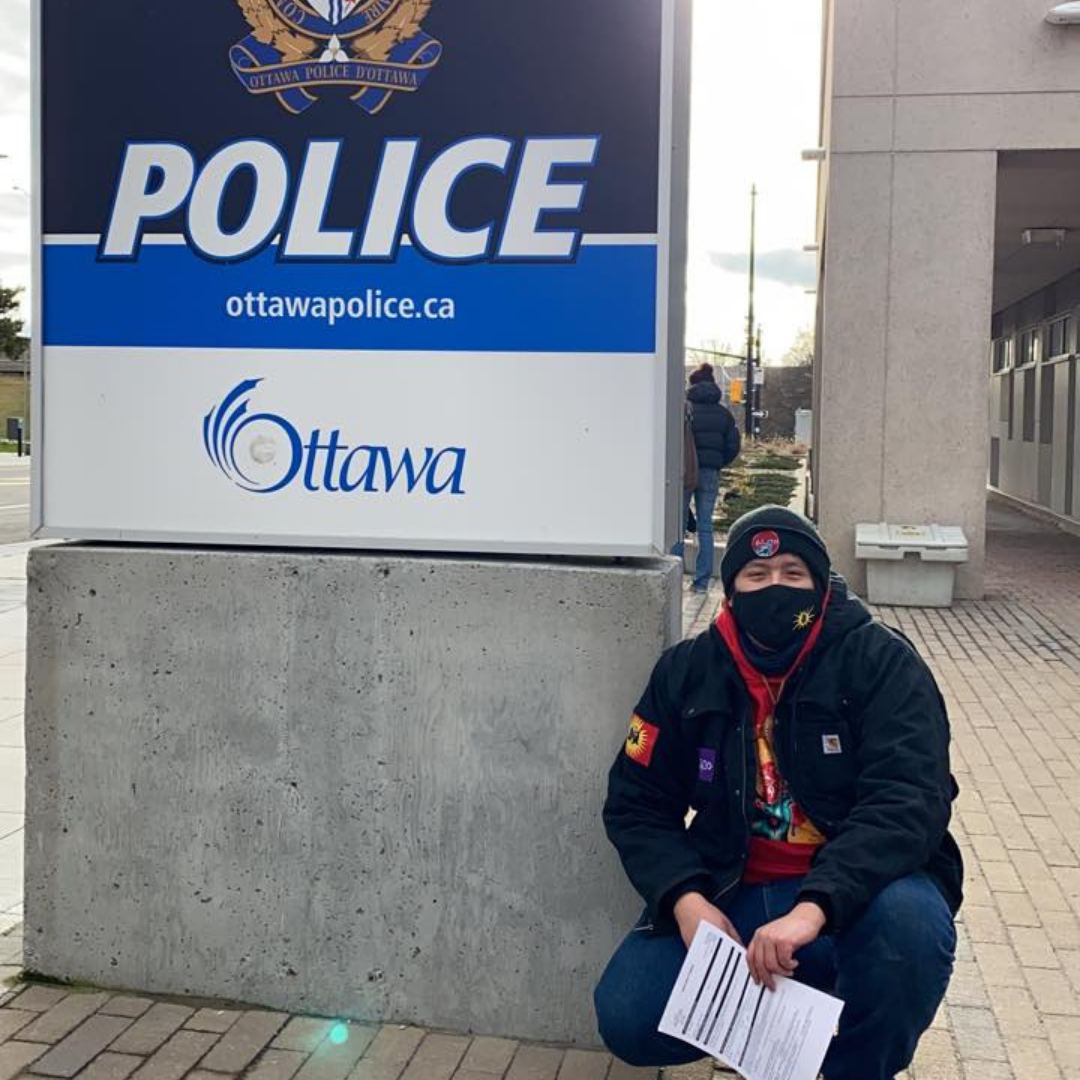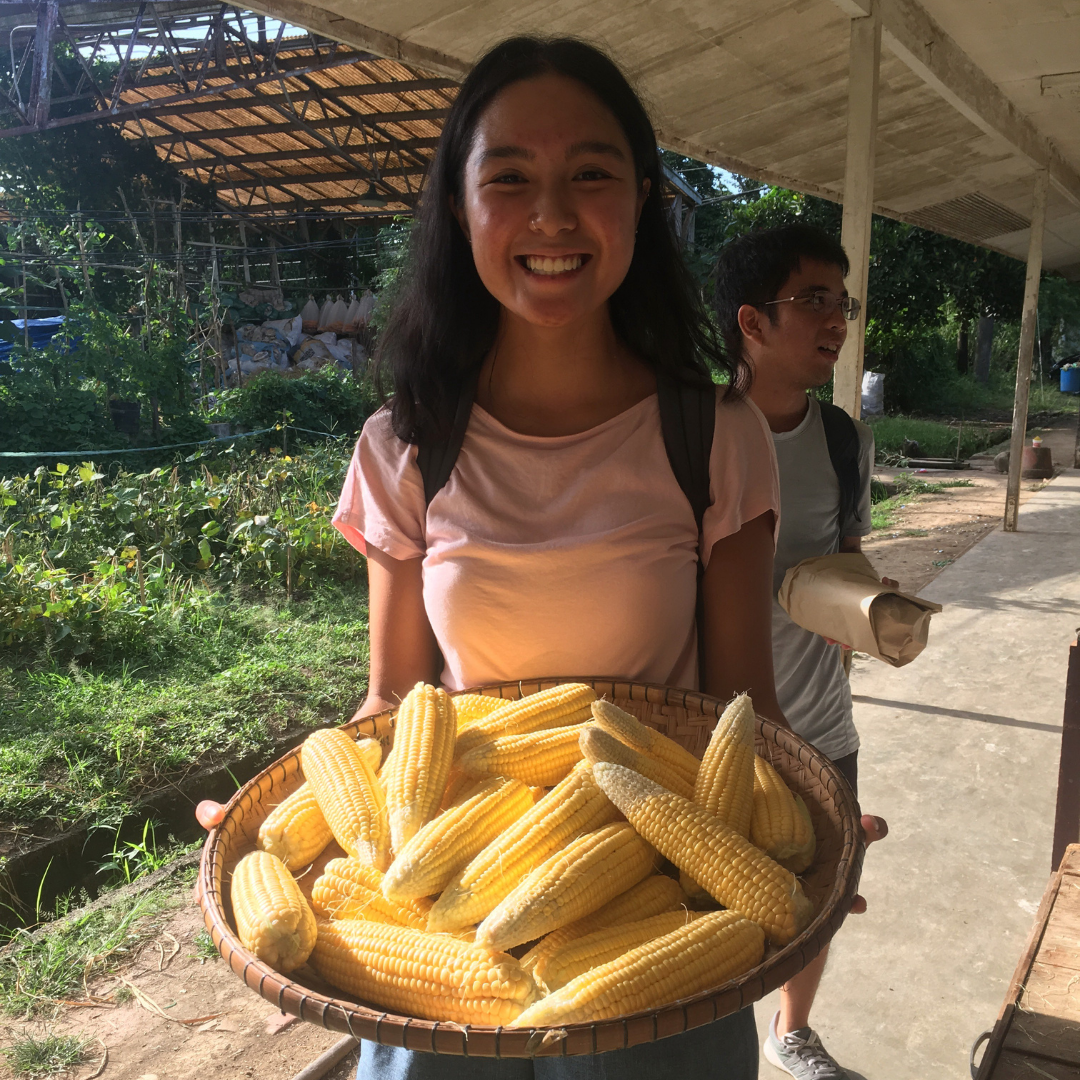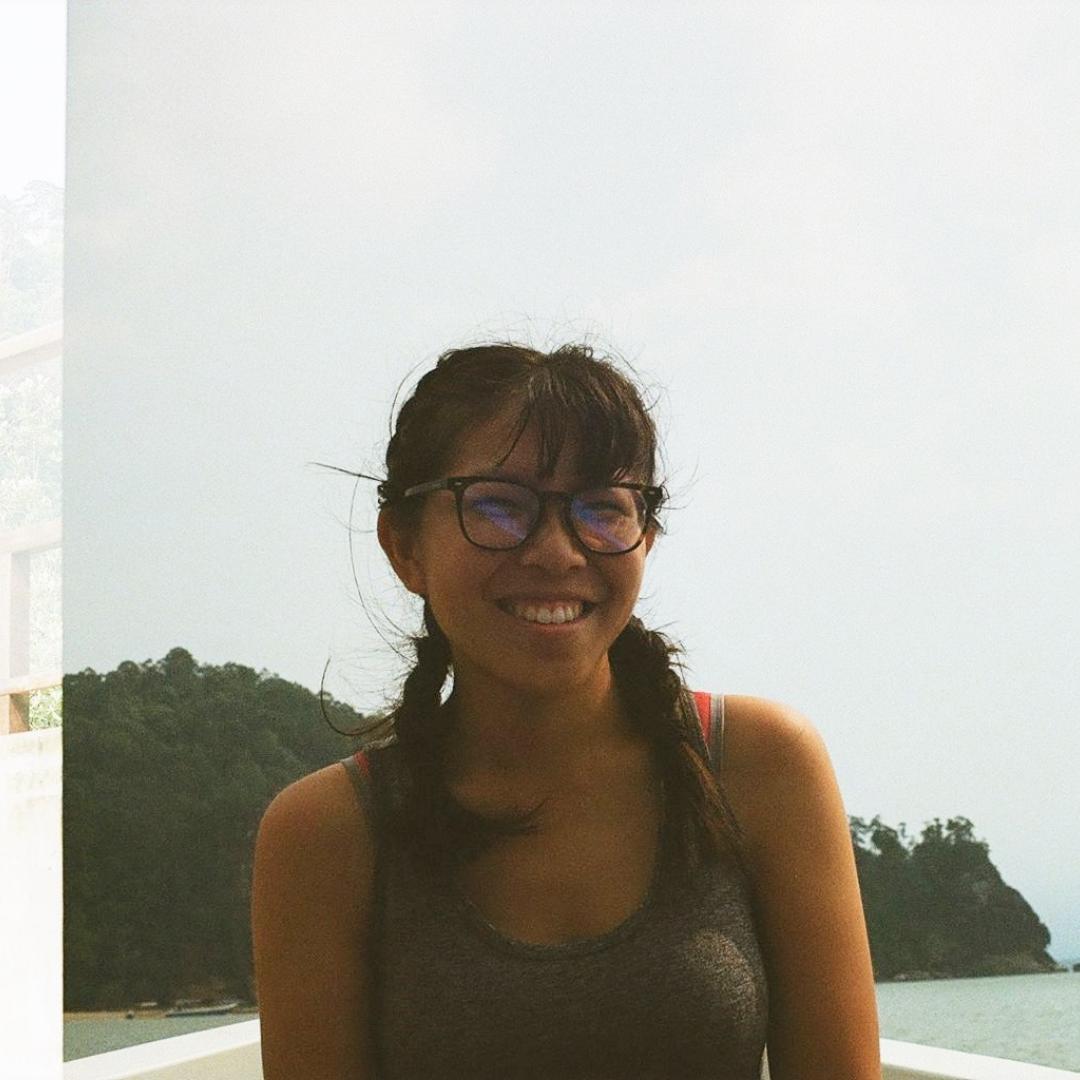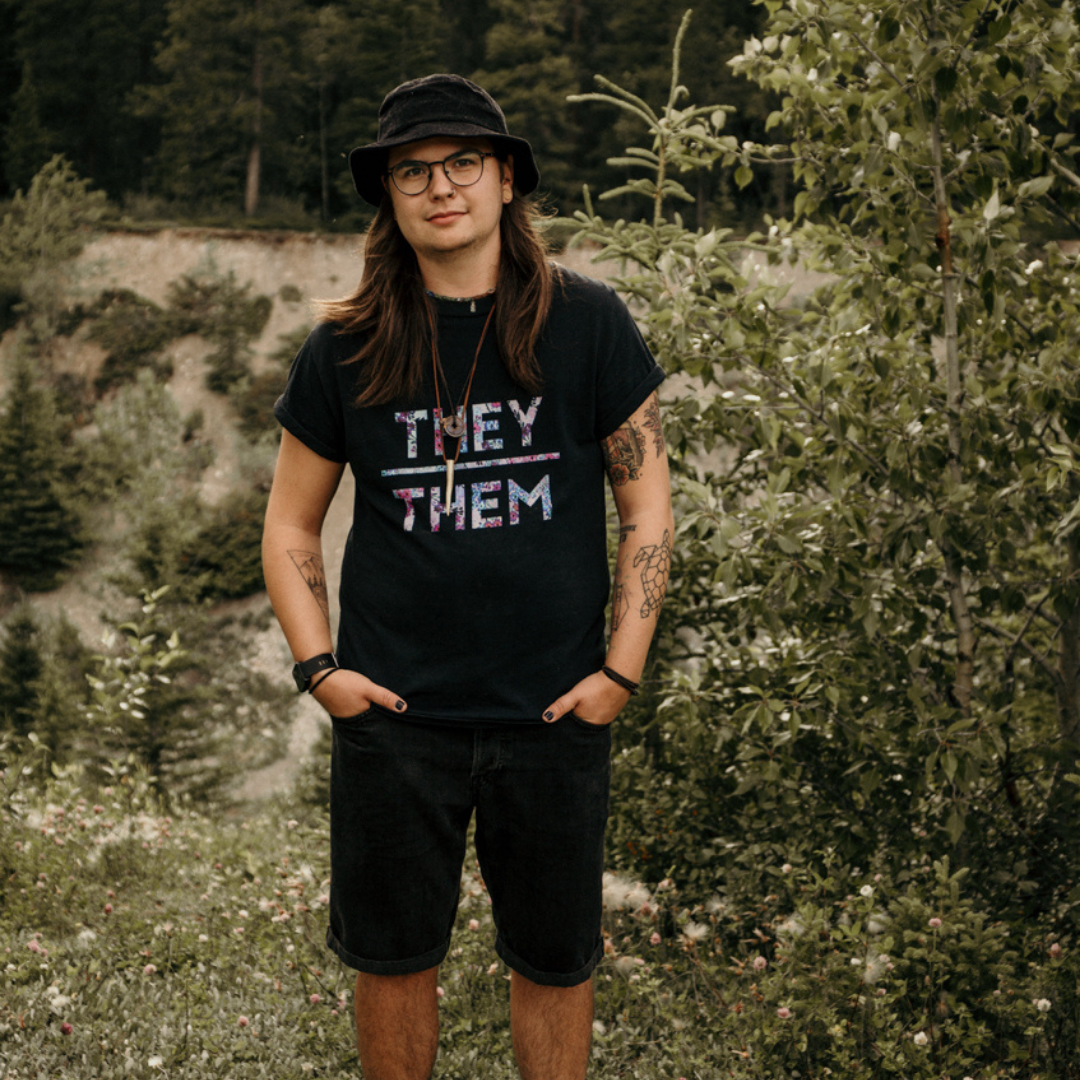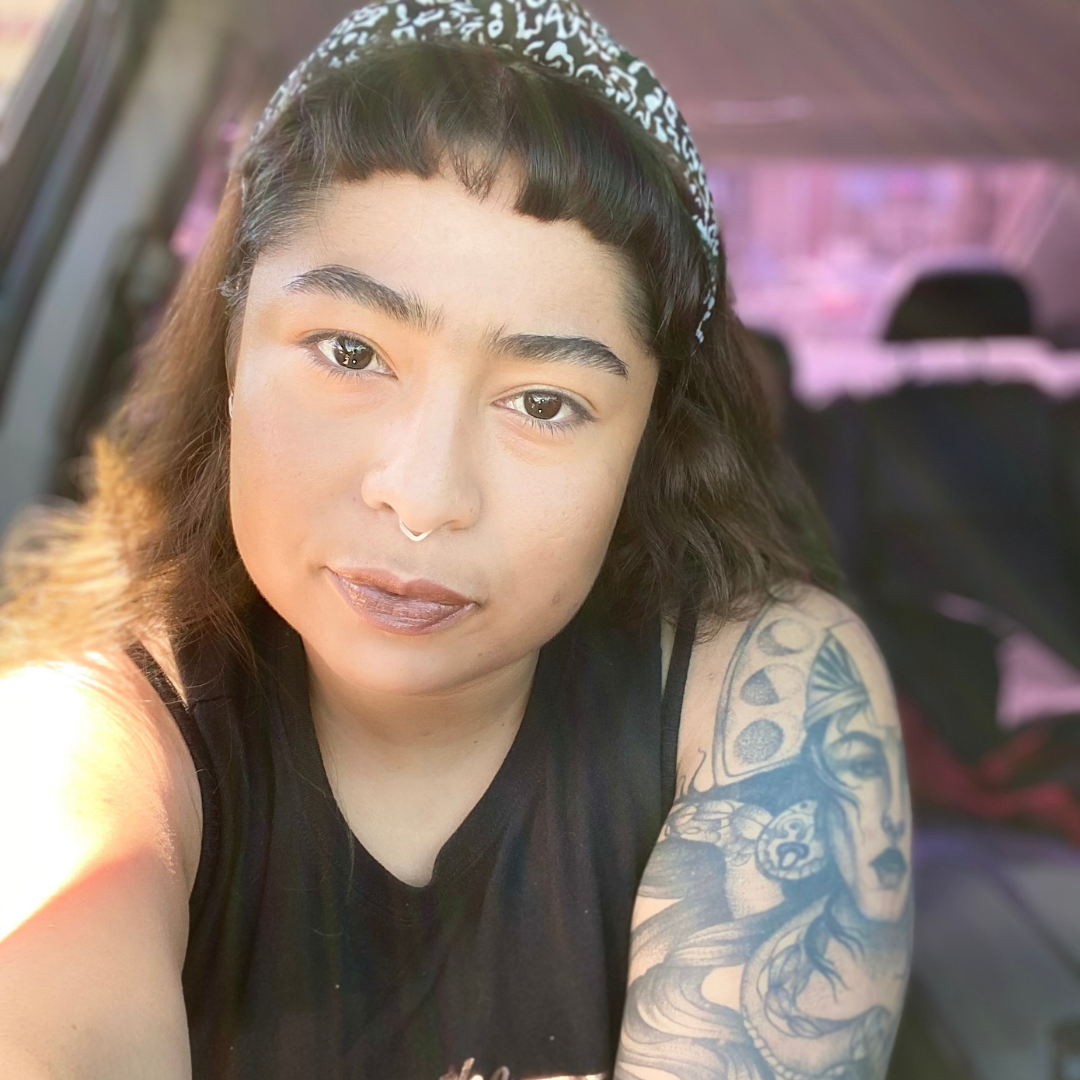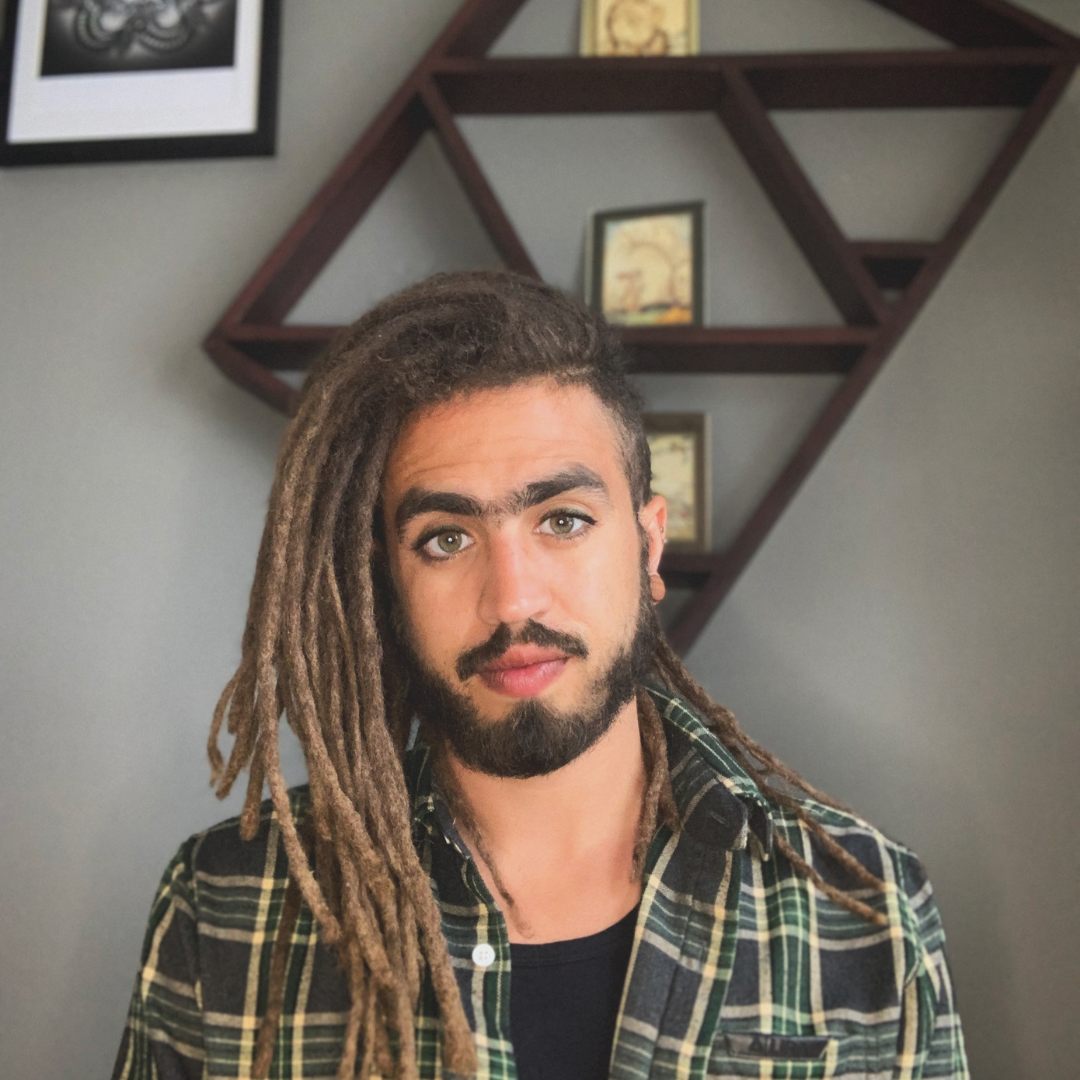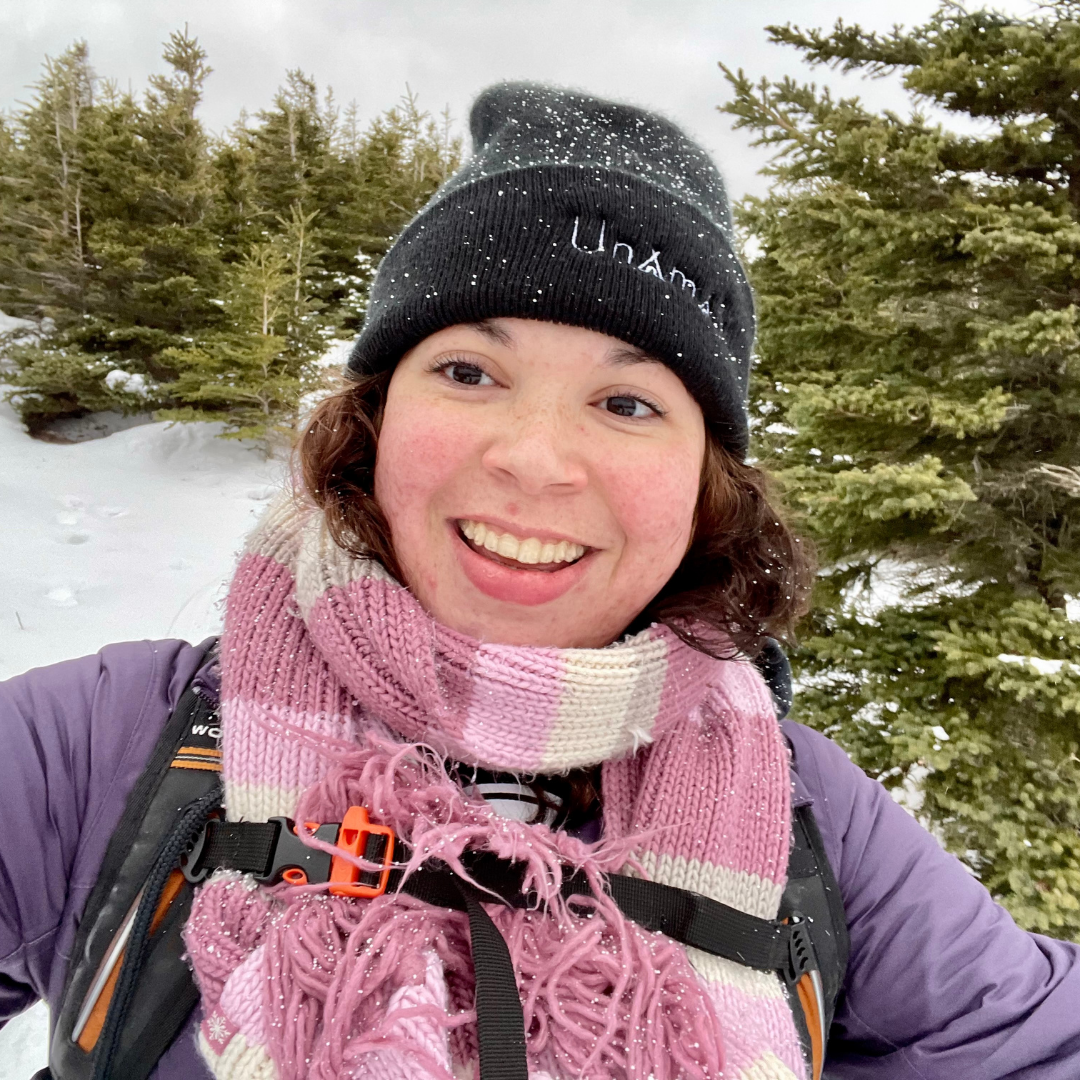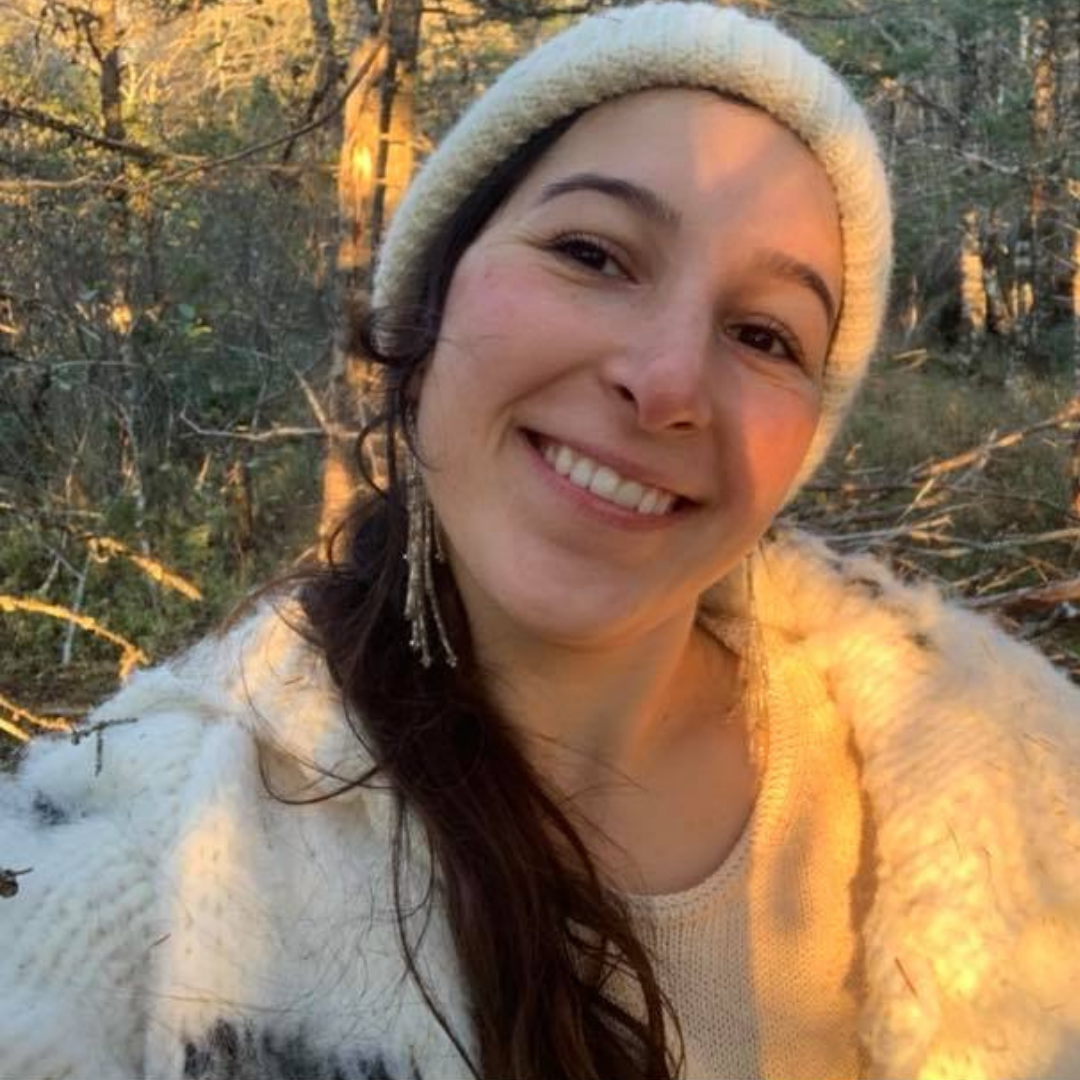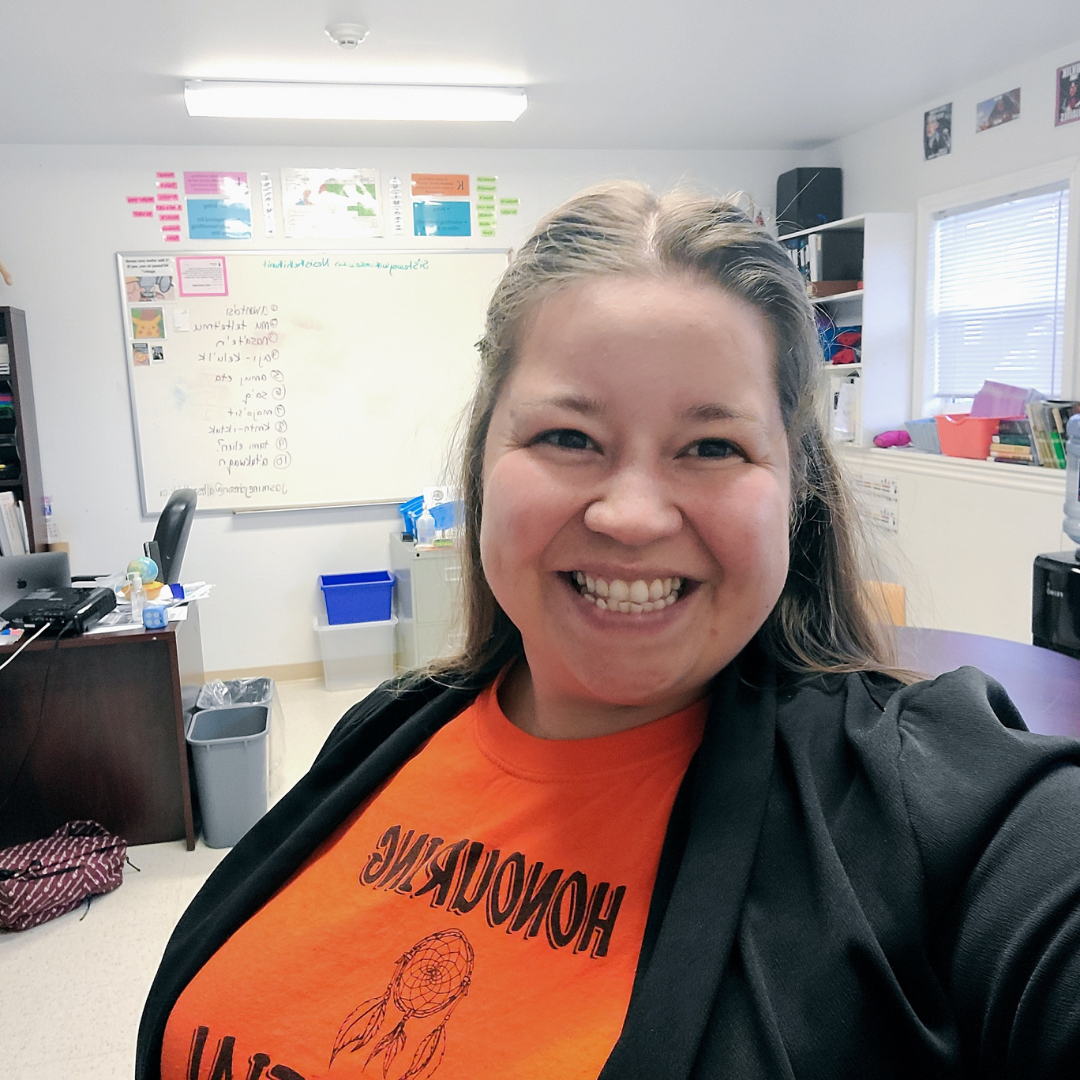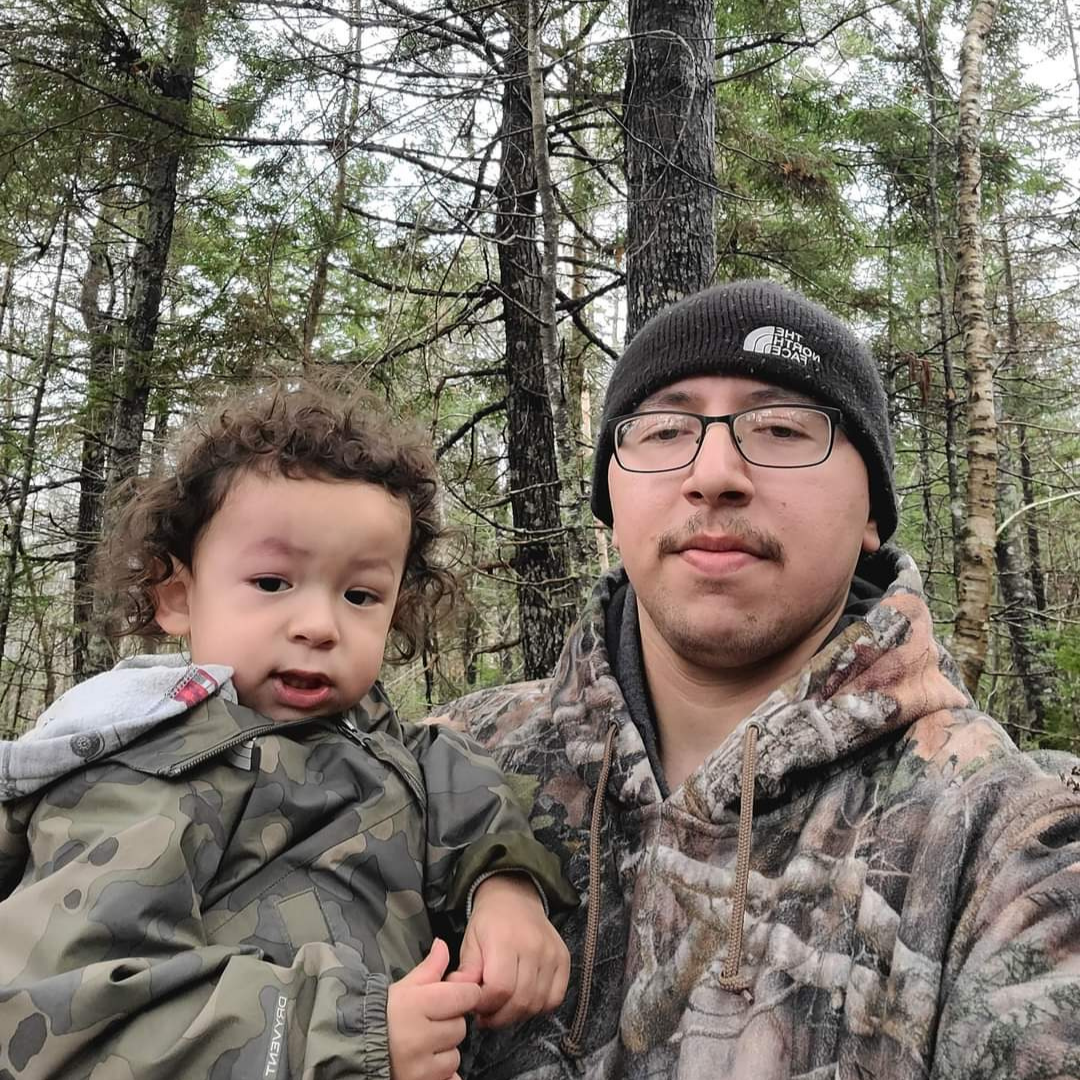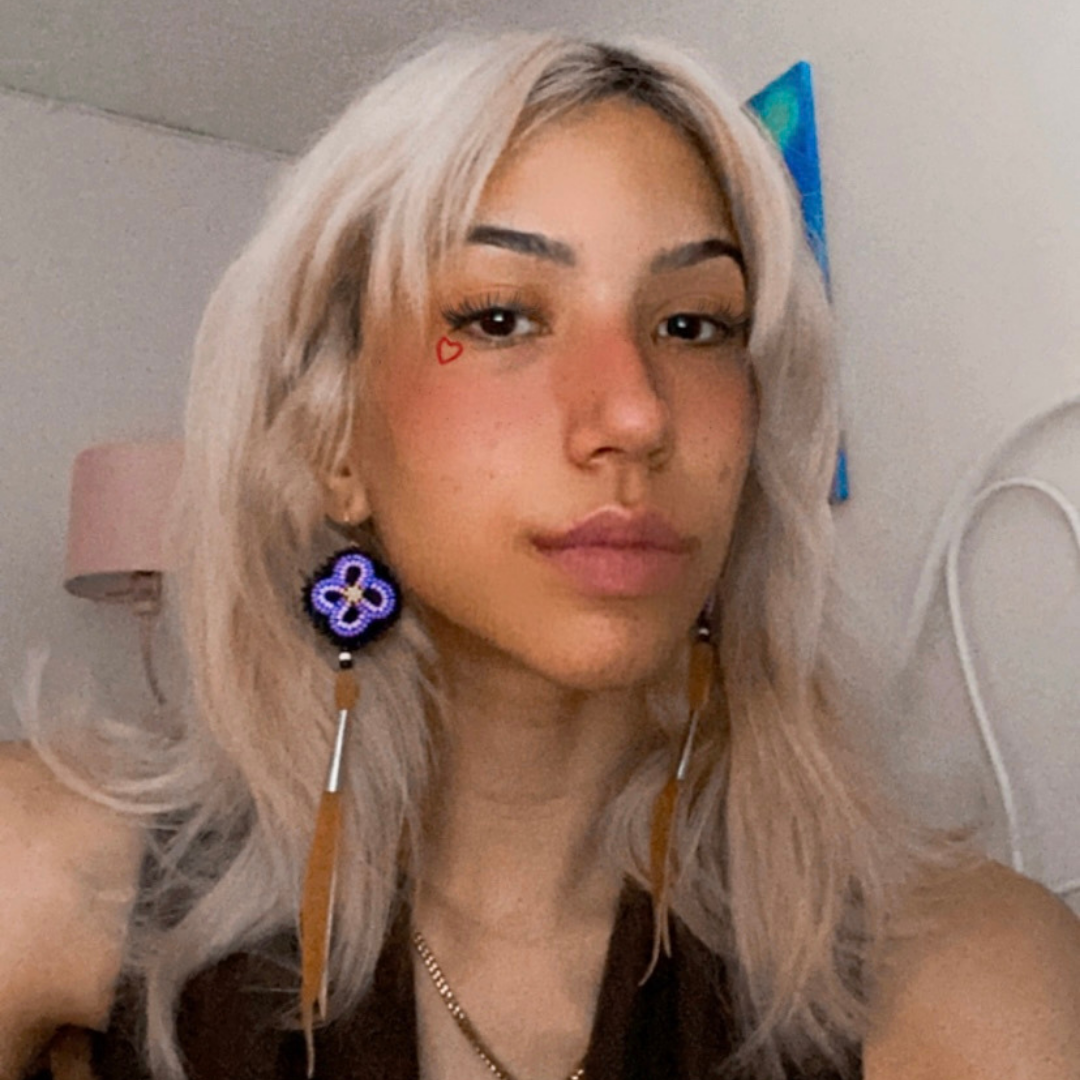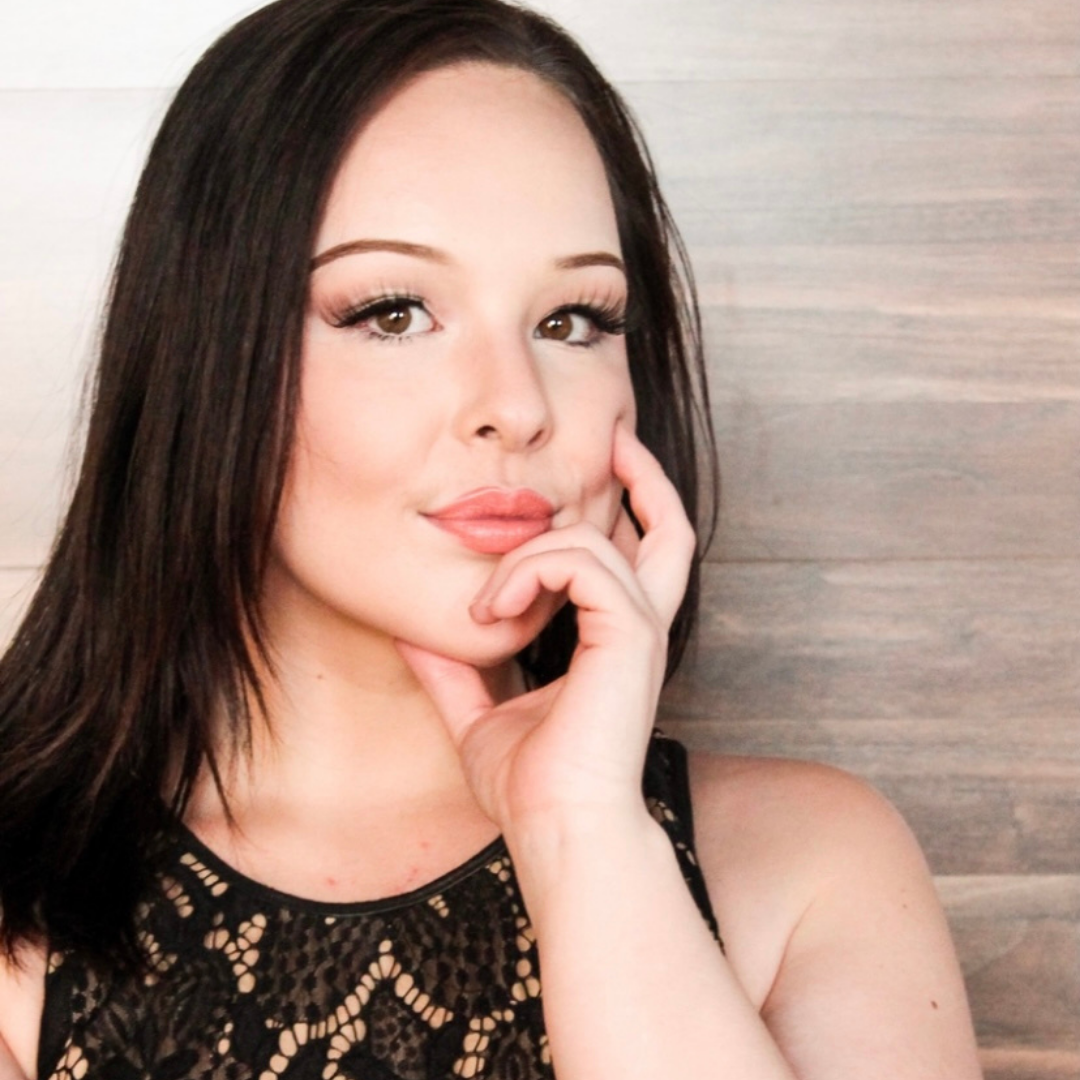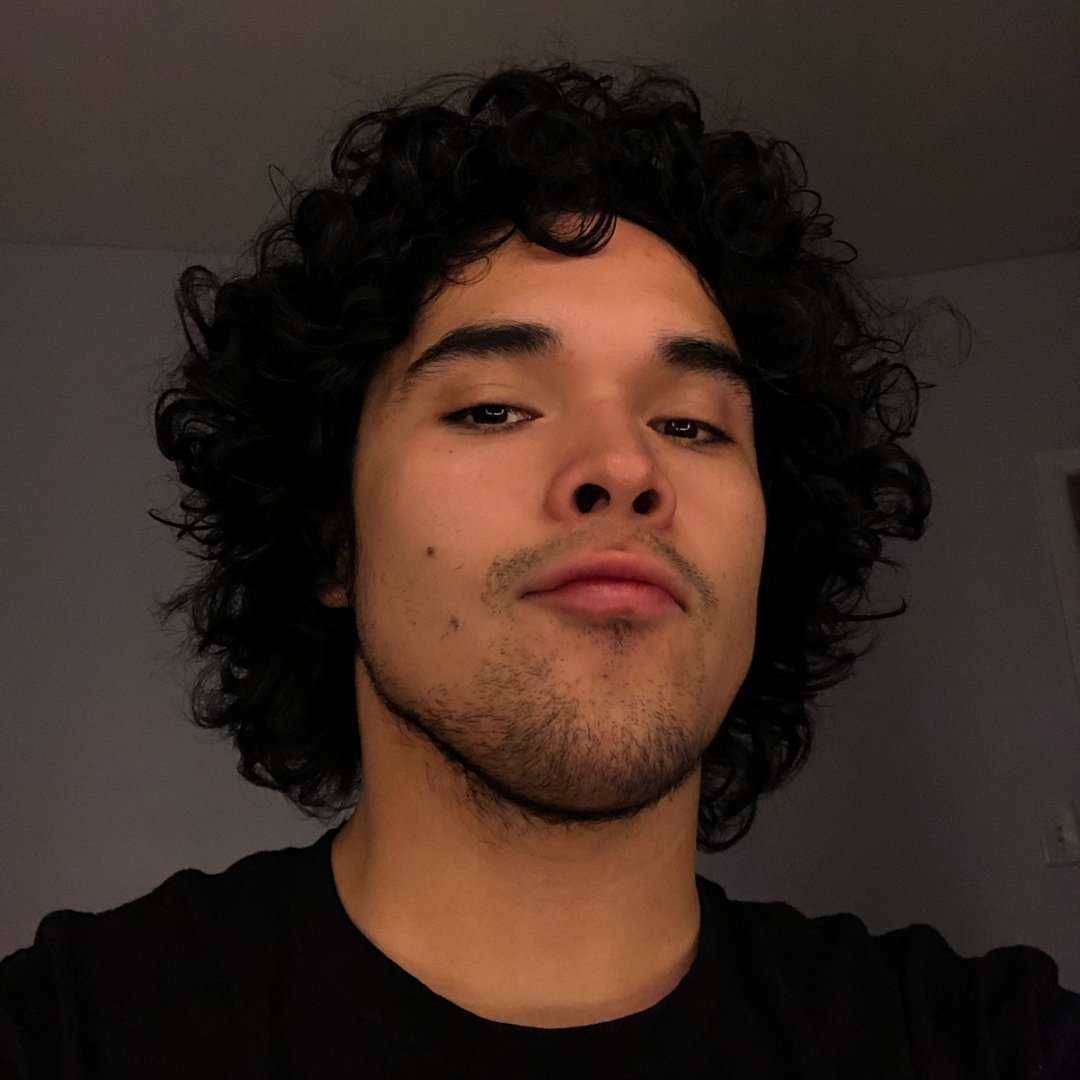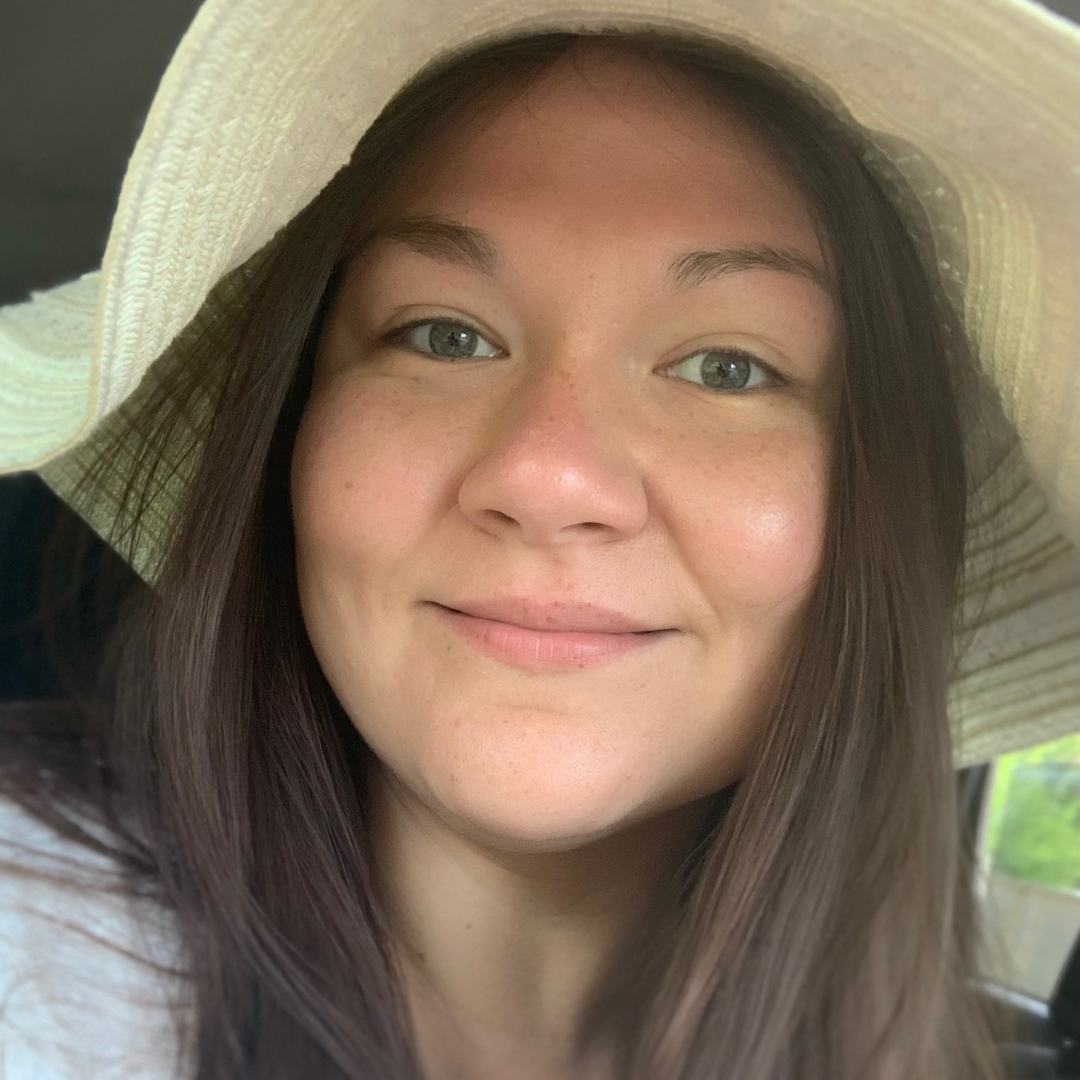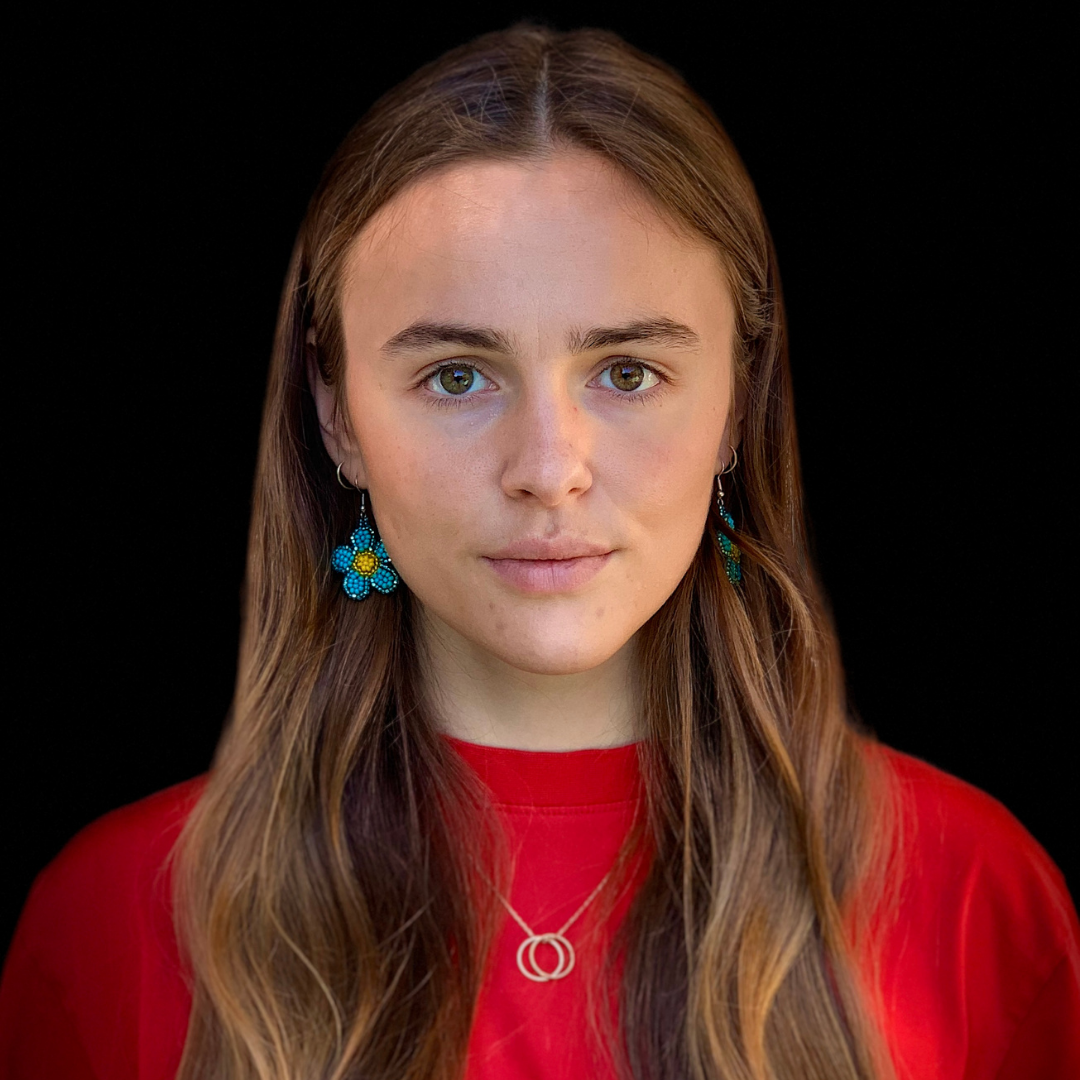What is the NLC?
As an initiative under the Canada Service Corps, 4Rs has set out to create opportunities for youth-led reconciliation initiatives that support dialogue and action that pushes us beyond buzzwords, towards a process of generational change.
For each cohort, we call together teams of 2-5 young people between the ages of 18-30, to join our National Learning Community (NLC). Together, we build our capacity to take action on reconciliation in ways that are relevant to us as young people, reimagining the process of reconciliation through the lens of authentic relationship building, critical dialogue and collaborative leadership. Our hope is to weave together networks of awesome young people, with organizations and movements contributing to a healthier ecosystem for those of us moving forward the 94 Calls to Action of the Truth and Reconciliation Commission.
2021-22 NLC
This year provides us with an opportunity to work with 7 communities across Turtle Island to plan projects and host conversations that matter, as we move toward truth and healing, and imagine possible futures based in equity and social justice for Indigenous people. Throughout our journey this year, the NLC will be exploring how our understandings of wellbeing, co-liberation and healing justice, bring new meaning to reconciliation. We hope to come to understand these new learning by centering the NLC’s community’s needs, co-designing a community project to address those needs, and coming together to share our learnings and grow with one another.
Meet the 2021-22 NLC Cohort
Halifax/K’jipuktuk
Kitigan Zibi
Vancouver
Calgary/Elbow
Unama’ki
Winnipeg
Manitoba
“We hope to target an intergenerational audience between elders and the youth in the indigenous, black, and brown communities in K’jipuktuk. We need to learn from both the elders in our communities and bridge the intergenerational gap with children. We want to get in touch with Mikmaq elders and community leaders, and activists on the grassroots level who are already doing important work to community capacity.”
Who is your community? However you define it
I identify as a Jordanian Muslim living in diaspora. I am also a first-generation settler born and raised in Mi’kma’ki. In this chapter of my life, I feel most connected to BIPOC communities.
What draws you to the NLC?
The sense of community and the theme of reconciliation really drew me in. I believe reconciliation is one of the foundations of healing. Also, as a settler, I believe it’s my responsibility to be conscious and mindful of the roots and land of the indigenous people. I still have so much to unlearn and relearn and I am looking forward to it.
What is the vision you have/what do you hope for the future of your community?
This might sound corny, but I envision peace, harmony, respect and unity for the future of my community.
Who is your community? However you define it
I would say I belong to a mixture of communities which can be a bit hard to navigate through especially as society makes you feel like you have to fit in a certain box. I grew up urban indigenous with ties to the rez. I’m either too city for the rez or too rez for the city so it’s a bit hard to fit in
What draws you to the NLC?
Something that drew me to NLC is wanting to make change and bring awareness of how we can decolonize our surroundings.
What is the vision you have/what do you hope for the future of your community?
My vision is a bit blurry right now. But I am hoping it comes more clear as I work with my team. But I am hoping to educate more people on indigenous and BIPOC issues that people are facing in Halifax but also in the world as well.
Sumaya
“Our openness to each other with honest critiques for ourselves and our behaviours have already given us all incredible spaces to work on internally only ever leaving for more learning opportunities to come from each other”
Aanjeni
Who is your community? However you define it
My family is both Kitigan Zibi and Rapid Lake. I like to consider friends and relatives in my life to be my community -but I also consider the acquaintances/connections I make with others in the same safe spaces to be my community.
What draws you to the NLC?
Opportunity to learn more = opportunity for growth. I felt it was time that I found new ways to give back to my community. I had even spent the last year slowly stepping out of my comfort zone to do so. Joining the NLC was like my first big step. Miigwetch for that.
What is the vision you have/what do you hope for the future of your community?
Decentering whiteness/decolonization within the community spaces. Unity and healing for community members by learning back the anishinaabeg ways of being. Creating a healthier community/future for the next generations to come.
Leila
Who is your community? However you define it
I have family on both Kitigan Zibi and Rapid Lake / Barrier Lake. My family and the friends I grew up with are my community.
What draws you to the NLC?
I am excited to meet new people and learn more and connect. I also want to show that I am willing to give back to my community.
What is the vision you have/what do you hope for the future of your community?
Creating new circles that encourage people to unite and heal. Making room for harm reduction, having open discussions, identifying behaviours and most importantly restoring the Anishinaabe ways.
Jace
Who is your community? However you define it
In having lived a nomadic upbringing, formative years, and as well how I live my life now, I find myself regularly finding new spaces to call home. Home is often a secure yet fleeting thing for me though the benefit is being able to find it wherever I find myself as it has more to do with the relations I’m in proximity to rather than exclusively the place. From Kitigan Zibi, Chisasibi, North Bay, Kahnawá:ke, Six Nations, Rapid Lake, Ottawa, Montréal, or Nemeska, my relations extend pretty far and across what’s defined in nations and geographical lines.
What draws you to the NLC?
Having the opportunity to expand my relations to land back folk across these lands is paramount to me in how land back will look like. Seizing the opportunity to create something with application in my community with the knowledge I carry is where I find growth occurs one way or the other, but always with a degree of intensity.
What is the vision you have/what do you hope for the future of your community?
For this program, I chose to keep it based in Kitigan Zibi given its particular placement in its contention with modern surfacing issues of Colonization. I feel as though most of the conversations that need to be had aren’t being discussed because the pervasive colonial violence hasn’t been contextualized without blame and proper framing which I feel would encourage an iteration of unity that’s desperately needed.
Allison
Who is your community? However you define it
A few different places! My ancestry is from the Philippines so family and diasporic communities from there/the nearby region; folks in sustainable agriculture and farming and gardening at UBC; friends who hike, rock climb, cycle, swim, like being outside.
What draws you to the NLC?
It is so clear that the NLC nurtures a safe space and environment to work towards a shared reconciliation and liberation.
What is the vision you have/what do you hope for the future of your community?
Empathy, understanding, compassion and co-liberation.
Emma
Who is your community? However you define it
I guess friends and people in the so-called Vancouver area! Maybe more specifically, people interested in connecting diasporic youth to each other and figuring out what it all means….This sometimes happens in the Vancouver Chinatown, sometimes other places. Also! The UBC community, more nichely, the food-gardening community and the design research community.
What draws you to the NLC?
From what I’ve experienced so far, NLC focuses on building relationships, and working through these really big ideas of reconciliation and decolonization, together, in a way that feels good and in that sense productive!
What is the vision you have/what do you hope for the future of your community?
A community that expresses a lot of reciprocity to each other and to nature. A community that also better understands each other and themselves.
“Together we are working hard to foster interdependence, reciprocity, and mutual aid with one another. As people with various BIPOC and queer identities, we are stronger together because we help and create healing for each other. We actively participate in the healing of our intergenerational trauma and we are connecting to the intergenerational joy and resilience of our ancestors.”
Alyjah
Who is your community? However you define it
I identify as being connected to multiple communities. My father was Cree from Sturgeon Lake First Nation, SK. I am a band member there too. My mother is Métis from southern AB. I’ve been told there may be Scottish and German in me. I’m mostly just connected to Cree people at this time. I’m also Trans, Queer & Polyamorous so I’m connected to the small community that exists within Calgary. Being Indigiqueer is probably my biggest connector to the communities I exist within.
What draws you to the NLC?
Being able to connect with other young people also doing the hard work of reconciliation and community building is vital to my survival as an activist and advocate.
What is the vision you have/what do you hope for the future of your community?
Other Indigiqueer young people have the support and celebration of who they are to be whoever they are meant to be. Seeing more Indigiqueers taking up space in Academia and just in general.
Josefina
Who is your community? However you define it
By my mother I am Guatemalan, my father is Black from the United States with a long family history reaching chattel slavery in Georgia at the time my ancestors were emancipation. I define my community through relations and solidarity. Beyond blood, my circle of chosen family extends to branches of friends and alliances. My kin are all who live in efforts to decentralize, decolonize and spread radical collective nurturing.
Where love is spread, I’m breaking bread.
What draws you to the NLC?
I’m drawn to the NLC for its collective effort to engage in society through indigenous ways of being and for the opportunity to grow my relations with kind, proactive people.
What is the vision you have/what do you hope for the future of your community?
My biggest hope for everyone in my community would be that they find equilibrium in themselves, and empowerment in their communities.
Josh
Who is your community? However you define it
My family roots include people from Barbados, Russia, Italy, Germany, France, Romania, Ukraine. My parents were both born in Calgary, as were my siblings and I. The community I find myself a part of in Calgary include those in the food justice movement, artists and makers of all sorts, and those dedicated to reconciliation and somatic abolitionism. I have been blessed over the past few months by being adopted into a Cree ceremonial family and I have been learning to be an Oskapewis (an elders helper).
What draws you to the NLC?
I am drawn to the NLC because we are in a time of rapid change where many new things are possible, and it’s important we form connections across these territories to support one another in shaping what is to come.
What is the vision you have/what do you hope for the future of your community?
My vision/hope for my community is that we are able to harness our collective knowledge, strength and integrity to plant the seeds of change necessary to survive the continued collapse of capitalism. New ways forward will start to emerge as we work together to live in greater harmony with the world around us.
“We think what makes us stronger together is that we all have similar passions including what is stated above. Joef is fluent in our Mi’kmaq language and all of us women are passionate about learning. I feel like we all are so connected because we want to see change in Unama’ki, change that involves bringing our culture and language back. Some of us work on other projects with one another, some of us go harvest with one another or we are in the same zoom calls with the grandmothers and matriarchs.”
Who is your community? However you define it
My community is made of so many places, people and beings. I am from Potlotek, with a mixture of races, places and stories that brought me here. I have a great passion for protecting the environment, regaining culture/tradition/language, and youth activism. Truly my community is made up of open-minded individuals however they identify themselves that want to make a positive difference or impact in the three things I mentioned above. Oh and plants.. lots and lots of plants.
What draws you to the NLC
“Youth-led reconciliation.” When I first applied and saw that I said “SAY NO MO.”
What is the vision you have/what do you hope for the future of your community?
I wanna see land back – but also language and medicine. These are a part of what I truly want to see in our community that I feel will help guide our people on a path to helping our mental health crisis. A lot of what I do is so my son can have the confidence and ability to express himself and get rid of the colonial mindset of holding everything back. I have found my journey of reconnecting, decolonization, community and returning to the land so helpful to my mental health. I’d be lying if I said I had it figured out, but if I could help show youth one of these things and get that ball rolling for them I’d be so happy.
Who is your community? However you define it
My community is the Indigenous Community, I feel so connected when I’m with my people from anywhere because we are so interconnected by so many things. I’m really drawn in by those in the Indigenous communities who are into environmental sustainability, helping injustices, empathetic people (like me, children and Elders, and those who are finding ways to connect to the land, language, culture, and ceremony.
What draws you to the NLC?
What draws me to the NLC is the love, support, and good energy.
What is the vision you have/what do you hope for the future of your community?
I hope to help our youth heal from the hurt and pain our people are faced with by reconnecting them with our traditional ways, whether it be connecting to the land, one another, language, culture, and ceremony. There is so much to be done and this is only the beginning of something so amazing.
Jasmine
Who is your community? However you define it
I have lived between two communities my entire life: Millbrook First Nation and Potlotek First Nation.
What draws you to the NLC? (What made you want to join)
After looking into the NLC and seeing people with the same types of visions, hopes, and dreams that I have I was completely drawn in. I wanted to learn from others who see the world similarly to the way I see it and to be inspired by their work.
What is the vision you have/what do you hope for the future of your community?
I dream of a self-sustaining communities with the focus being on healing, empowering, culture & language for all of the communities of Mi’kma’kik.
Joef
Who is your community? However you define it
My community is Eskasoni First Nation.
What draws you to the NLC? (What made you want to join)
After seeing all of the other like-minded individuals from other communities doing amazing work with NLC I decided to give it a try.
What is the vision you have/what do you hope for the future of your community?
I hope that the future of Mi’kma’ki is a place where the language is healthy and not endangered, where practicing culture is what makes each L’nu love themself more, and traditional ways of knowing and being are just who we are and not something we have to learn about in history books and documentaries.
“We all understand each other very well. We truly are family, we support each other emotionally all the time. We’re all super close and have 3-way FaceTimes with each other almost every day. We all have a lot of love for community and have been aligning ourselves with community in ways that are meaningful both for our communities but for us as well. We already know we make a great team.”
Ashlee
Who is your community? However you define it
I have family connections to Opaskwayak Cree Nation, Cumberland House SK, Duck Bay and Cross Lake, although I feel a huge sense of belonging when I think of the urban Indigenous community in Winnipeg, being born and raised here. Also having stepped into my identity as a 2 Spirit Cree person, I feel very connected to the 2SLGBTQ+ community here in Wpg also! (Deadly Aunties are also my people)
What draws you to the NLC?
I’ve followed the 4R’s Facebook page for quite some time and it inspires me hearing about all the amazing work that amazing people are doing across Turtle Island to decolonize their communities:)
What is the vision you have/what do you hope for the future in your community?
ALL of community playing a part in keeping each other safe and healthy, as well as decolonizing what that looks like.. & co-liberation!!!
Keiran
Who is your community? However you define it
I’m a settler on treaty 1 territory, born and raised. My community is the inner city of Winnipeg. My community is also artists, and folks who love to share, debate, learn
What draws you to the NLC?
Cool mentors and peers with a shared motivation for reconciliation and decolonization.
What is the vision you have/what do you hope for the future in your community?
Access to basic needs for everyone, allowing everyone to be safe and healthy always.
Quinton
Who is your community? However you define it
I belong to many communities, however, the one that I think has claimed me the most is the urban Indigenous community here in Winnipeg. This is where I feel a great sense of purpose and belonging, but also a huge sense of comfortability. Specifically, the inner-city of Winnipeg is where I feel the most safe, having grown up in the North End, Seven oaks and Elmwood neighbourhoods.I also belong to the larger Two-Spirit & Indigiqueer community of Winnipeg and across Turtle Island. I’m a band member of Cowessess First Nation in SK where my moshom is from, but I also have family in Fisher River Cree Nation, The Pas MB and Cumberland House SK.
What draws you to the NLC
The 4Rs as a movement of youth is what draws me to the NLC! I’ve been extremely lucky to have been connected to the 4Rs community for over 2 years now in different capacities. The amount of love, care and intention the 4Rs puts into the movement and community organizing is what made me want to apply. I also thought it would be a great opportunity to push the community fridge project into gear, which has already been an idea in community for a while now.
What is the vision you have/what do you hope for the future of your community?
My vision for the community is that after covid, once it is safe to do so, I hope we can all come together for a feast and a round dance. I’m envisioning lots of smiles, laughter, hugs, maybe even some tears. I hope our community can start to come together without division, while still maintaining community safety and healthy boundaries for each other and ourselves.
“We would like to work with Metis communities in Manitoba. Through our work with the Red River Echoes, a Manitoba-based group of Metis people, we have realized that many Metis people feel that their views are not represented by current Metis leadership. Issues we would like to explore our relationship to the land, connecting with First Nations kin, how to practice Metis law, etc”
Breanne
Who is your community? However you define it
My family is from St. Ambroise, Manitoba, a small Métis community on the southern tip of Lake Manitoba. I grew up in Winnipeg, but my aunties, uncles, cousins, and I still share the land in St. Ambroise that has been in our family for generations.
For me, community means a network of support, care, and joy. In addition to my Nation’s community, throughout my life, I’ve had the opportunity to build a community of friends, not just across Turtle Island, but across the world. I’m both grateful and honoured to have connections with young people from Sri Lanka to El Salvador to Duck Bay who are working to create change.
What draws you to the NLC
I love getting to know like-minded young people. I’m so excited to work with and learn from all the amazing folks in this year’s cohort!
What is the vision you have/what do you hope for the future of your community?
As a Collective, Red River Echoes is committed to fighting for freedom and liberation for our Nation and all our relations. The vision I have for the future is one of solidarity and strength, where the Métis Nation works with our First Nations, Inuit, Black, and POC kin to create new ways of being together.
Claire
Who is your community? However you define it
Winnipeg is my community! I also have communities in Seattle, on the unceded Territory of the Duwamish People, where I went to uni. My Michif ancestors and many of my relatives currently live in St. Andrews, Selkirk, and Beausejour in Manitoba (Northern parts of Red River). My family also has roots in Treaty 3 and that’s where my dad currently lives.
What draws you to the NLC?
Opportunity to do something larger for my community. Being able to create relationships with and learn from other rad organizers
What is the vision you have/what do you hope for the future of your community?
I want to see a Winnipeg where Indigenous people can freely live in balance, with strong kinship ties and have the right to JOY. So land back.

